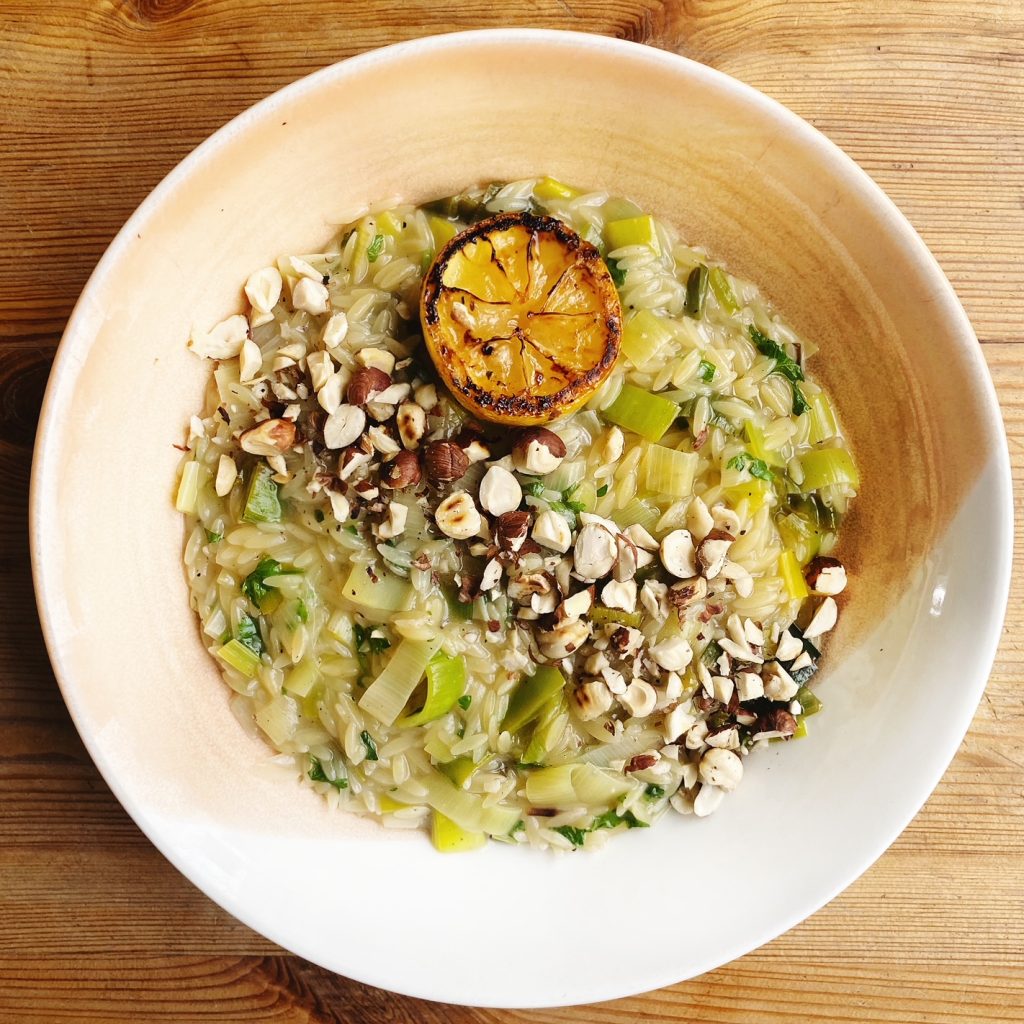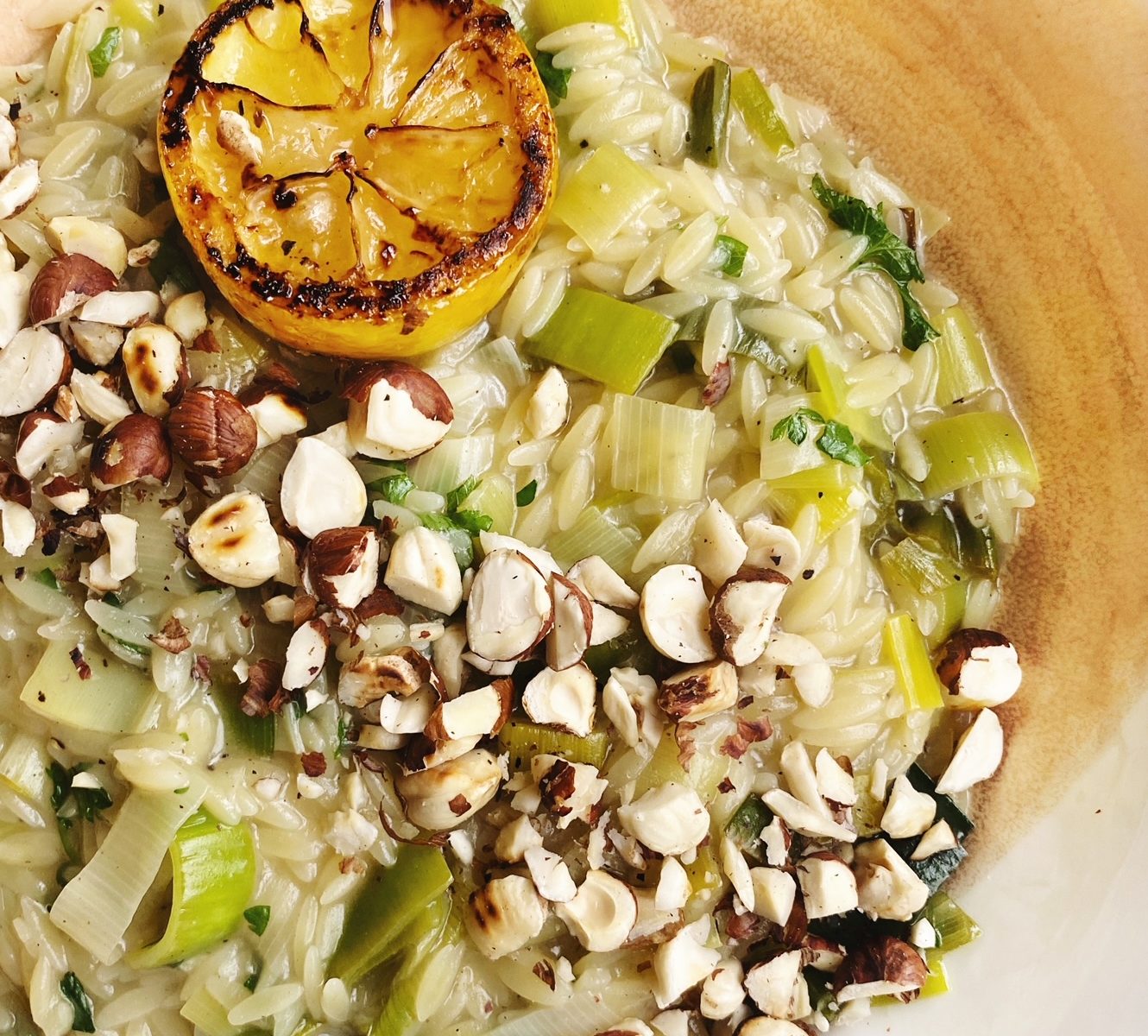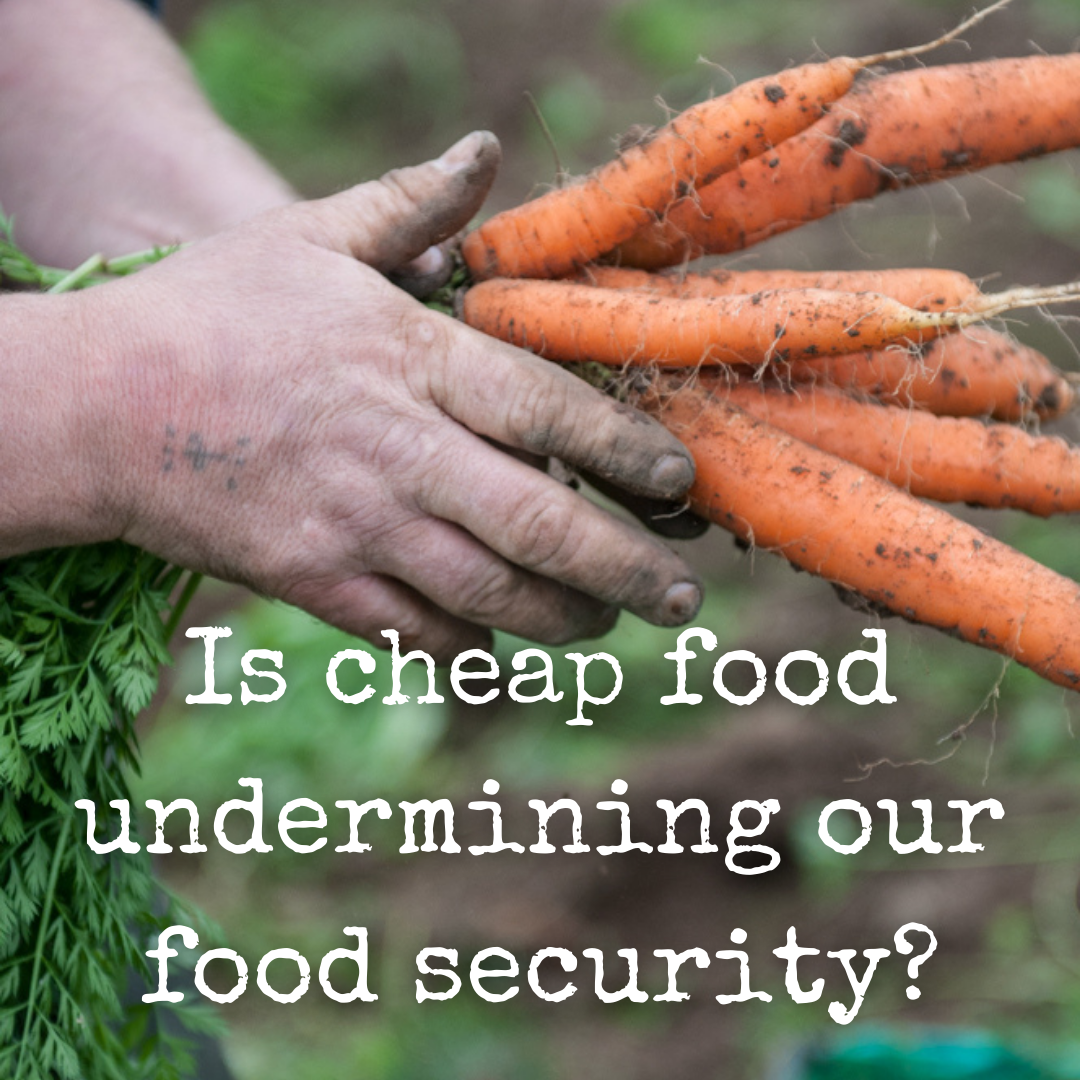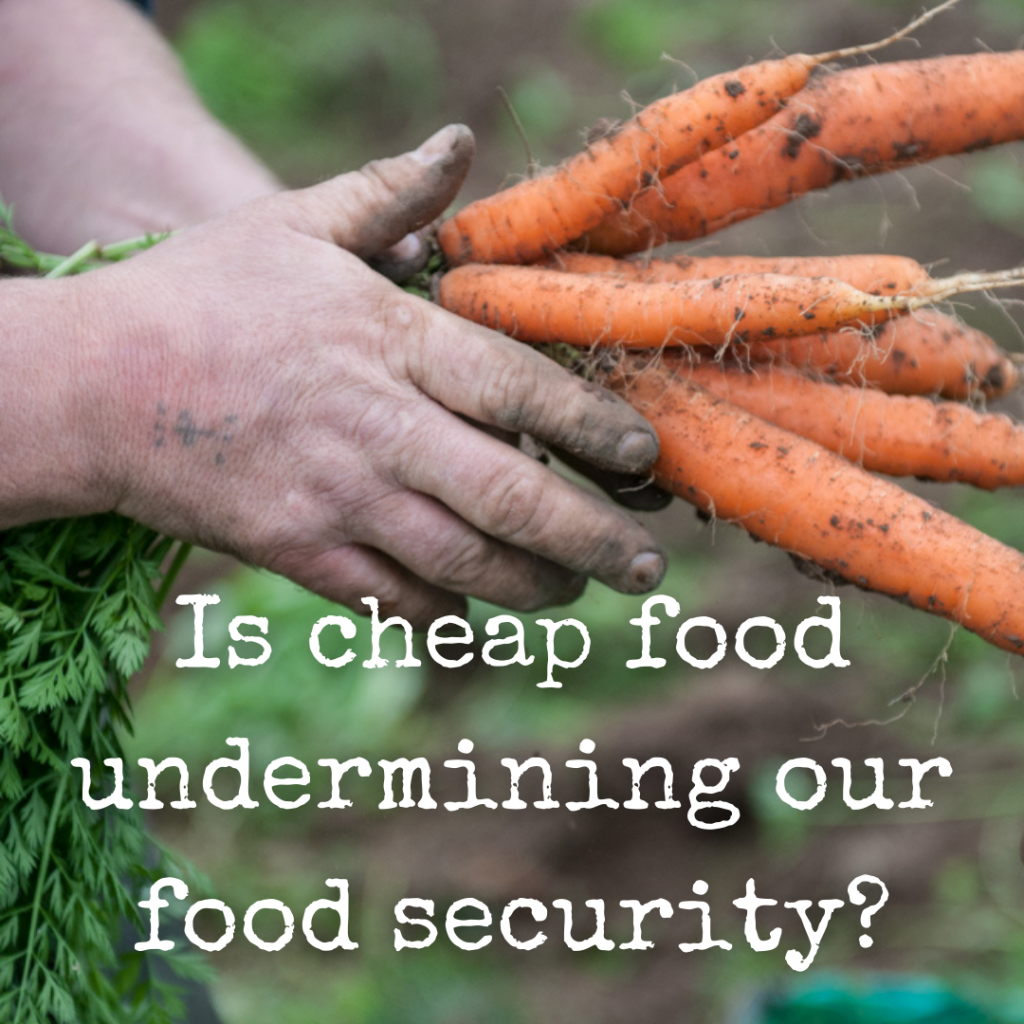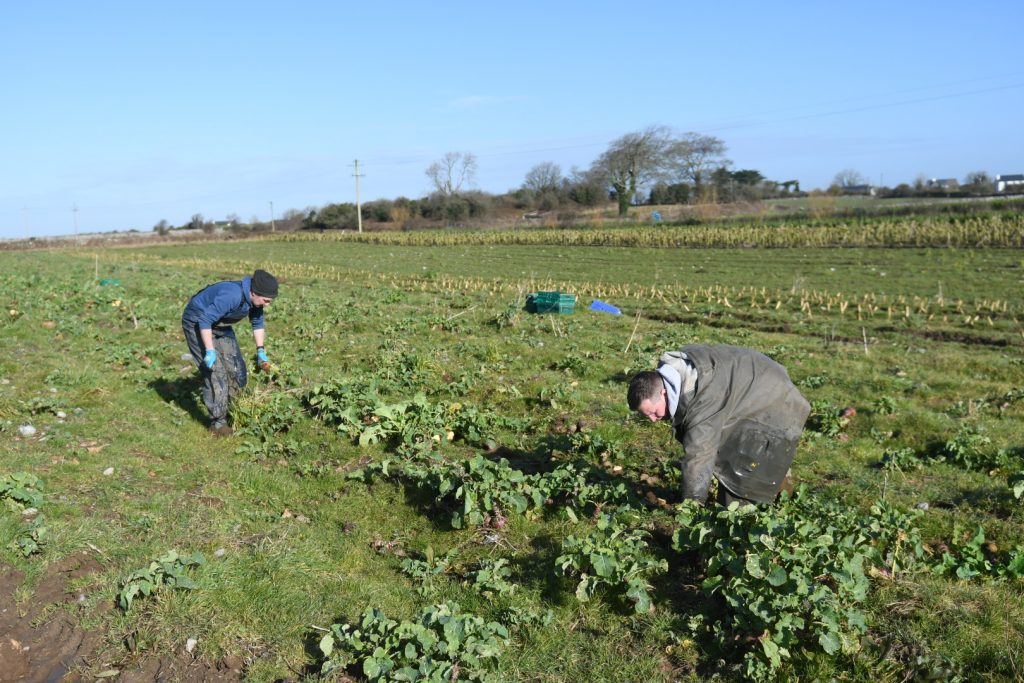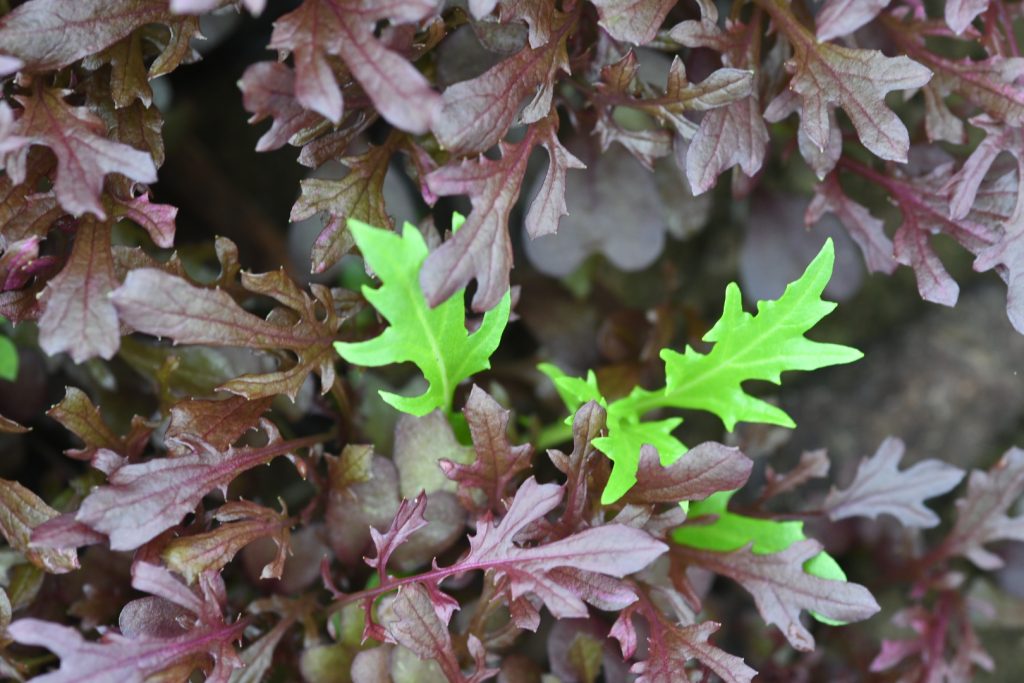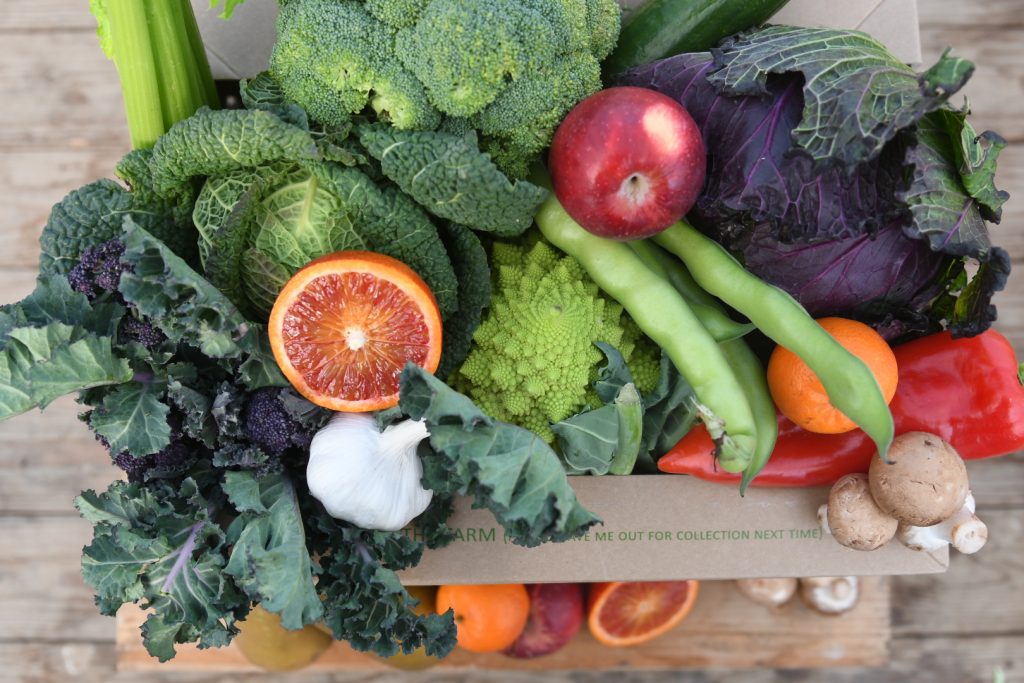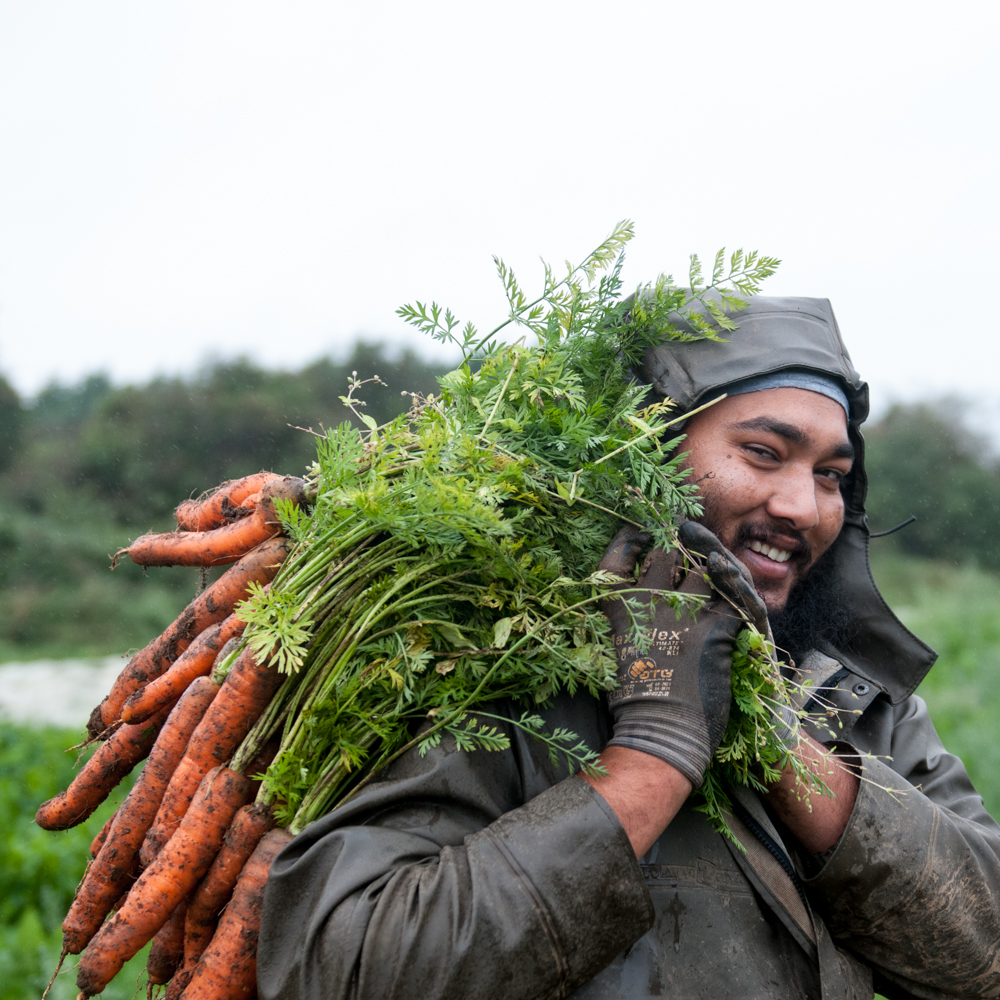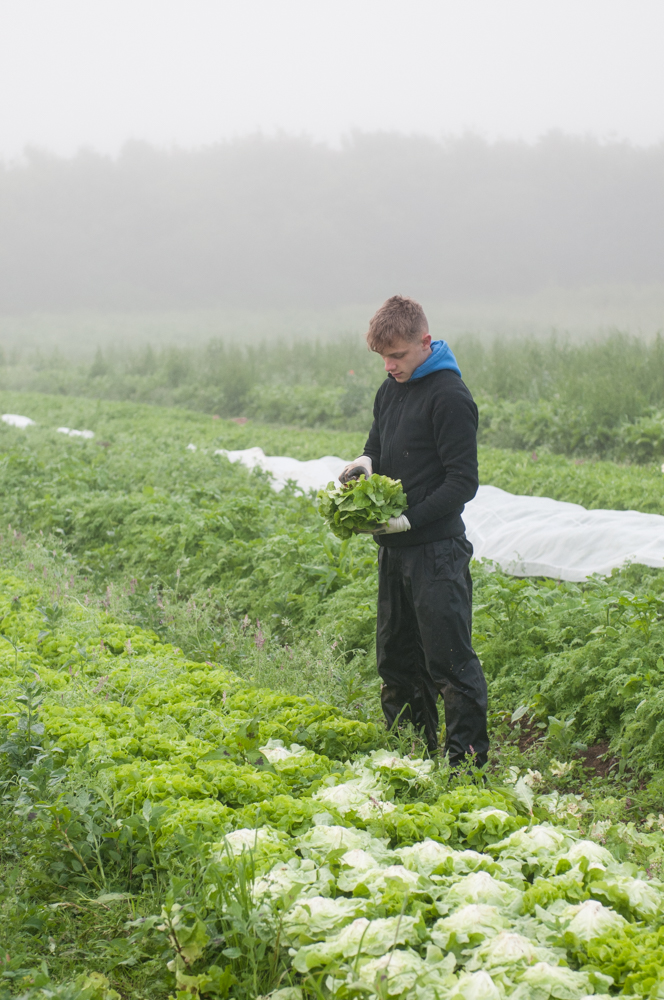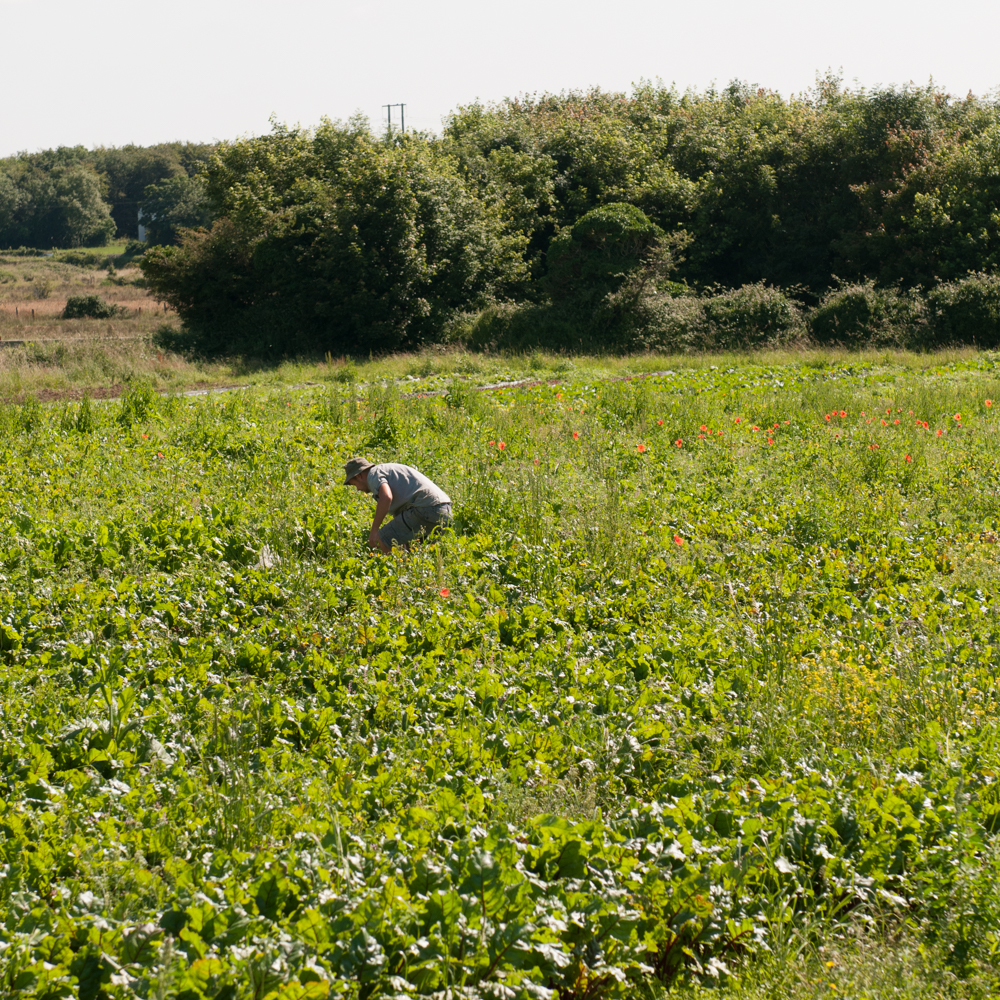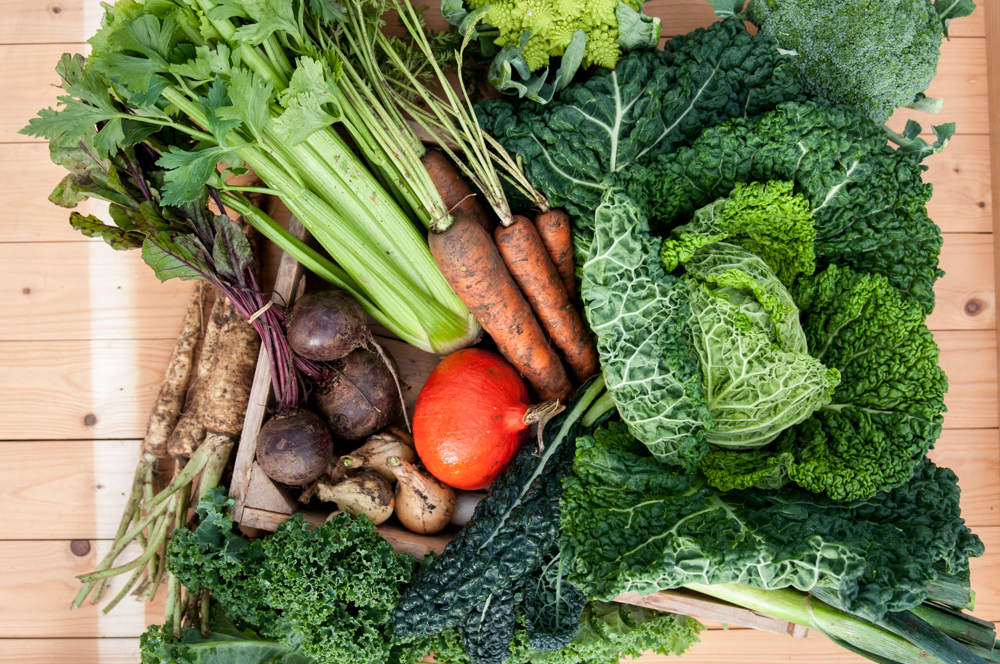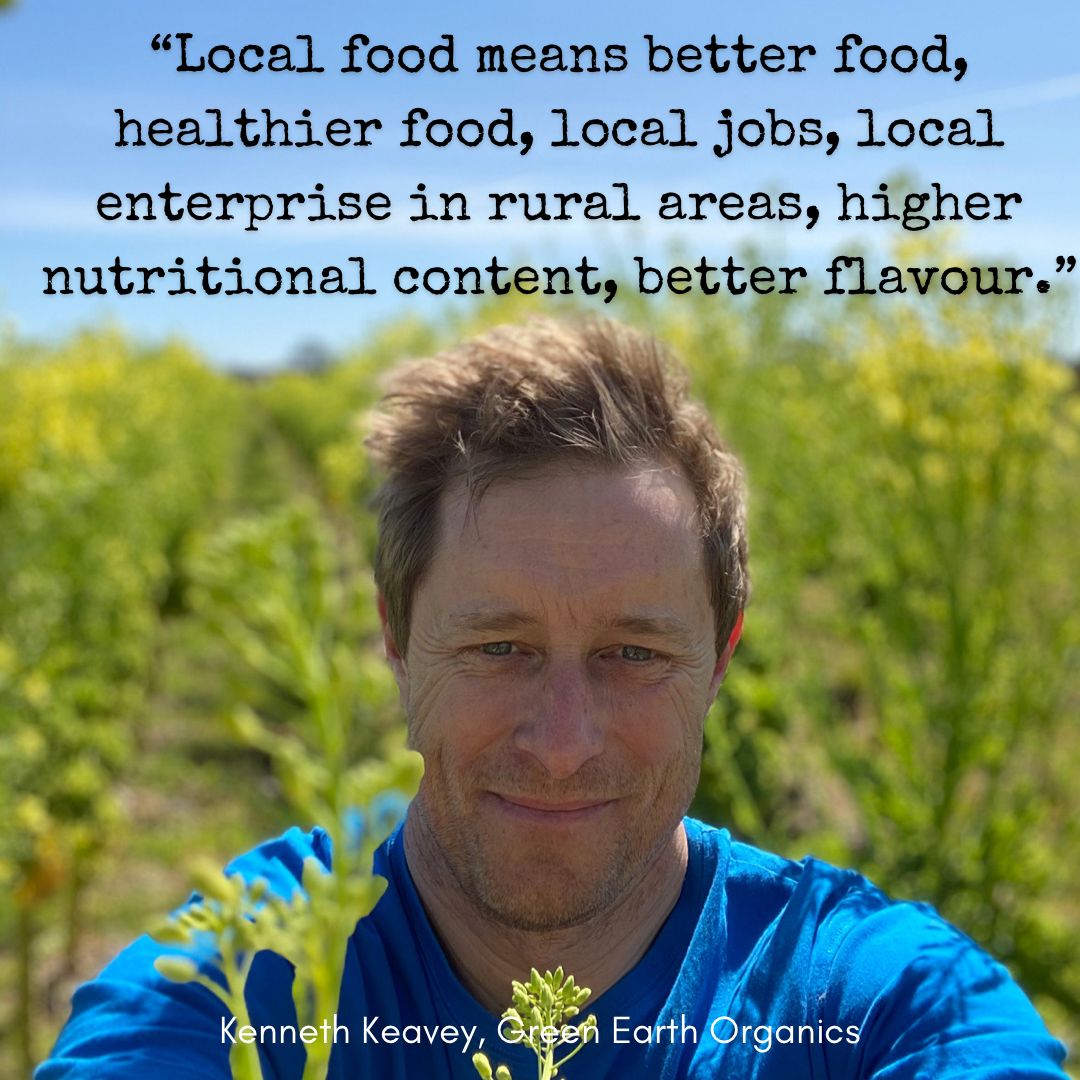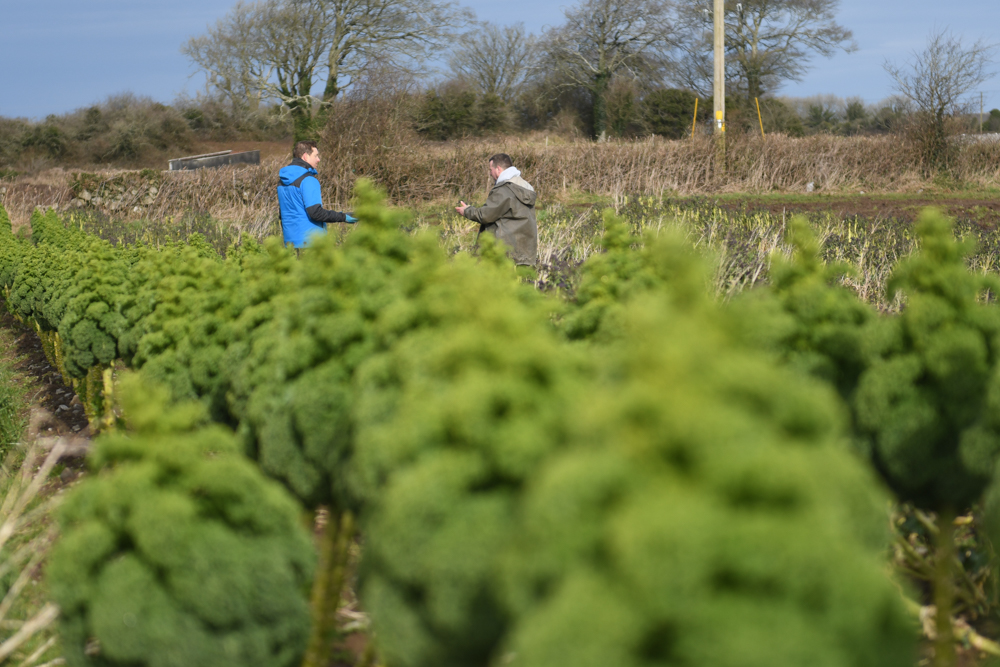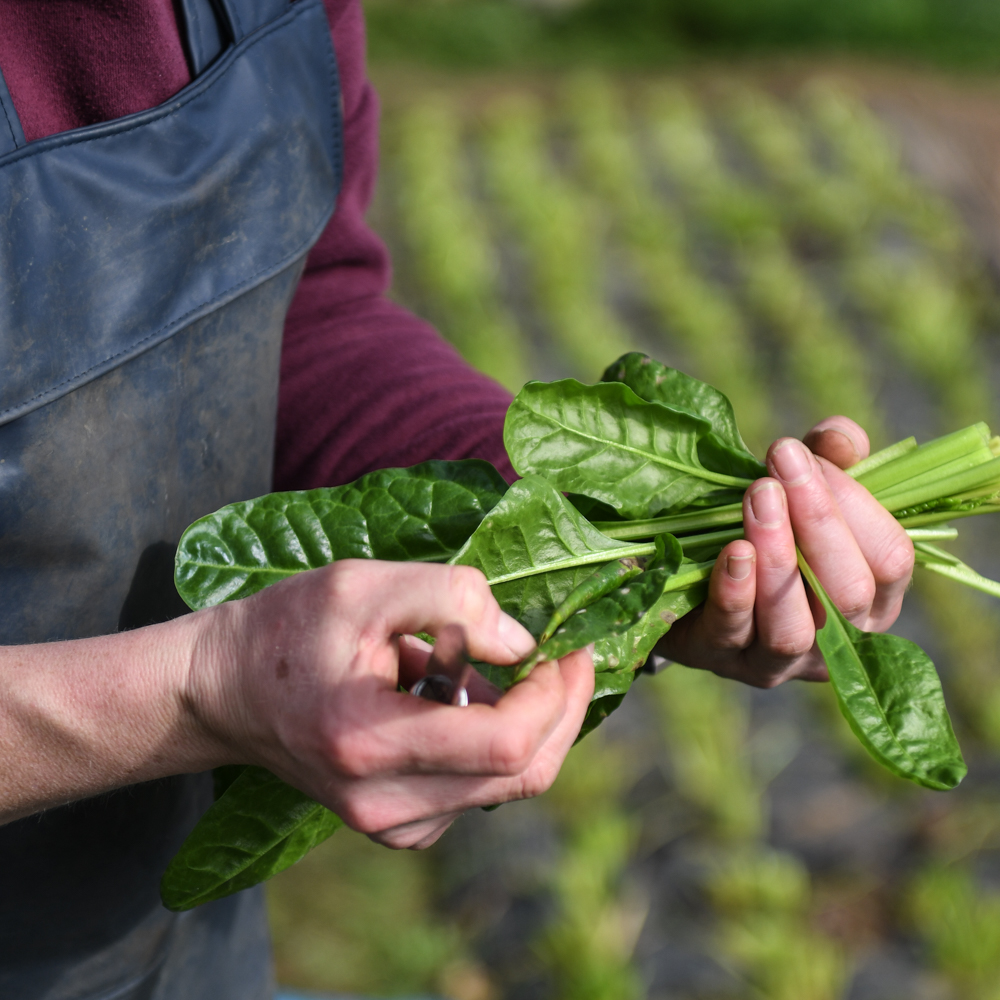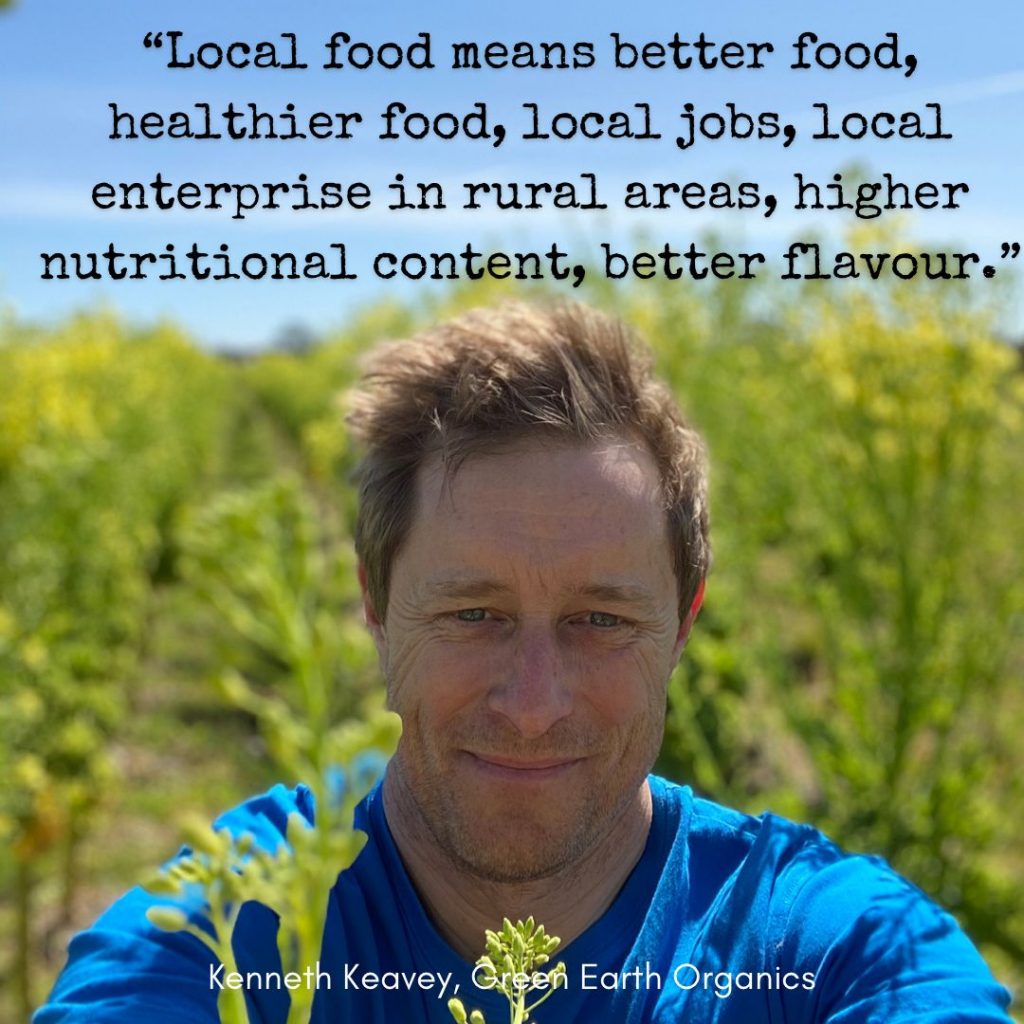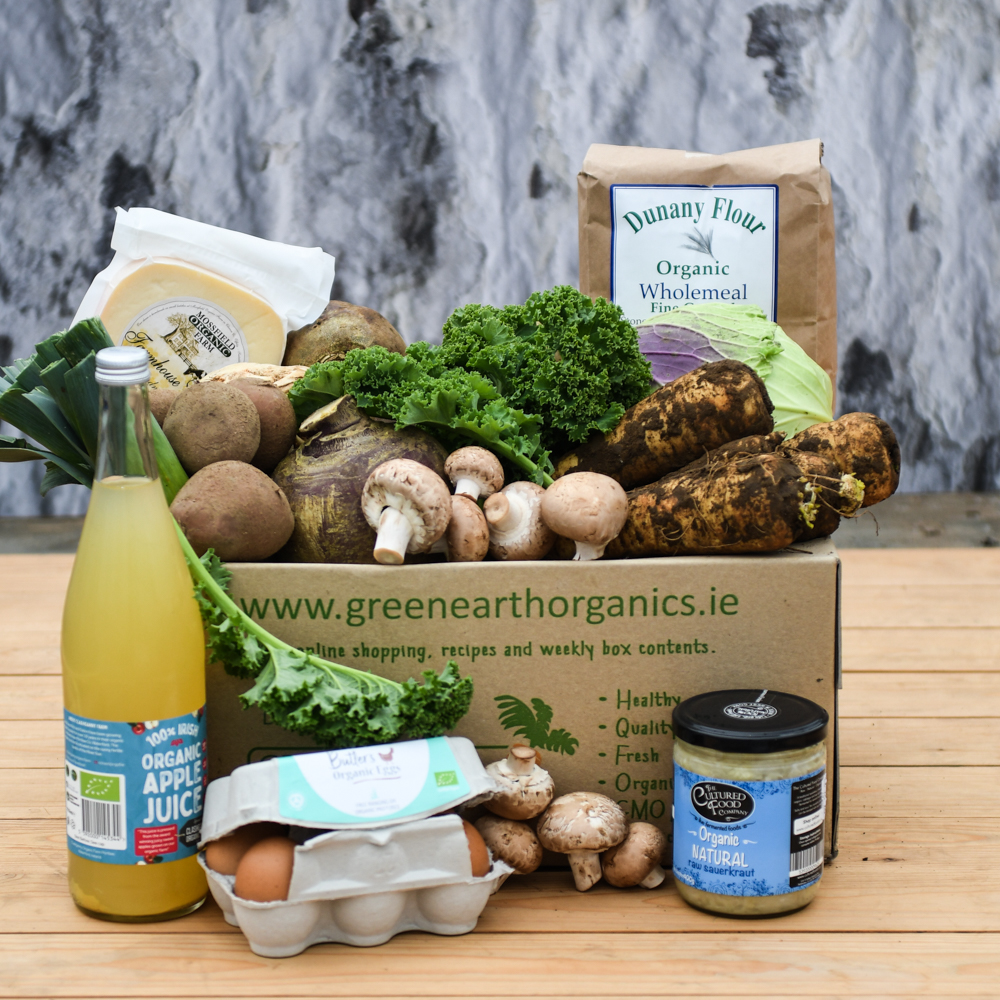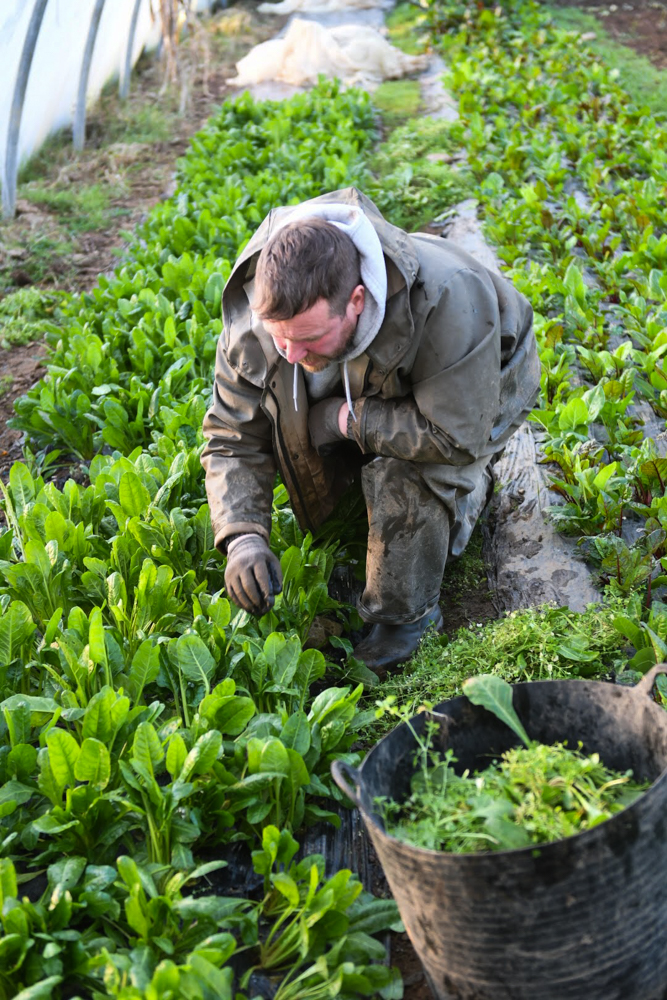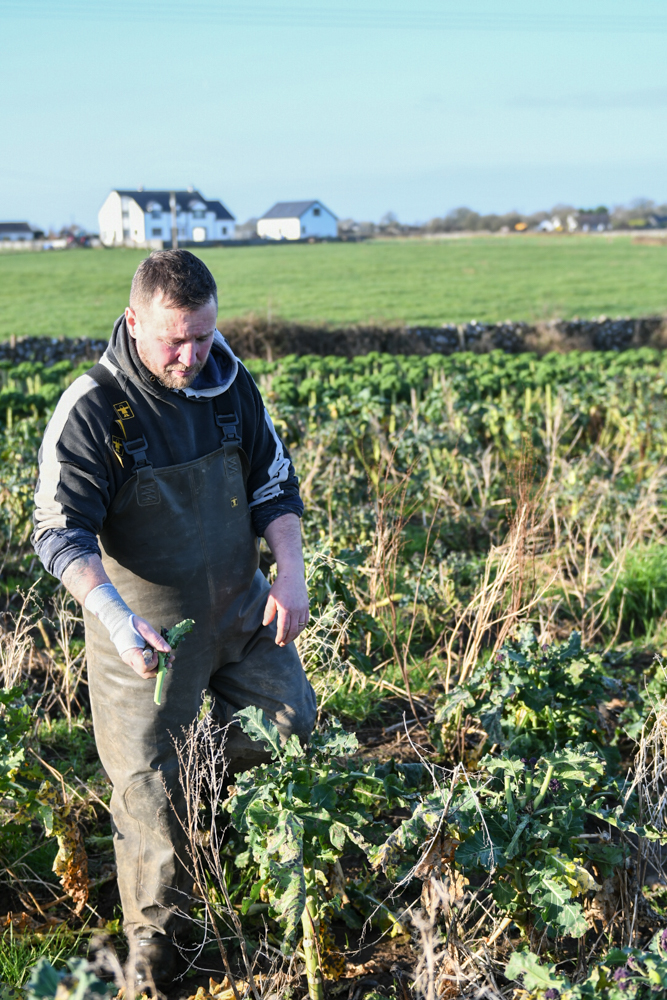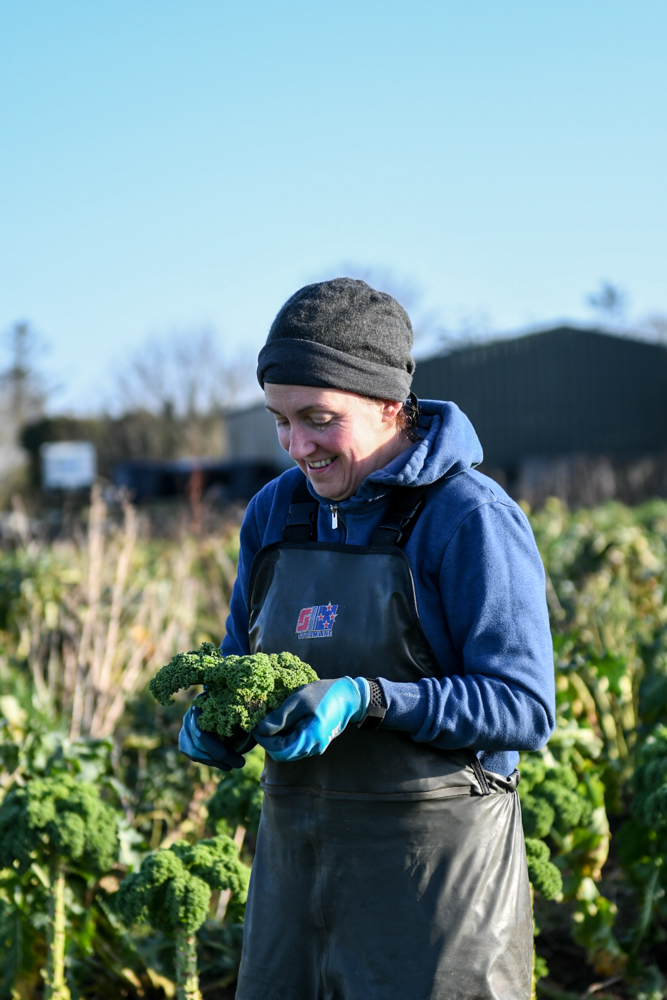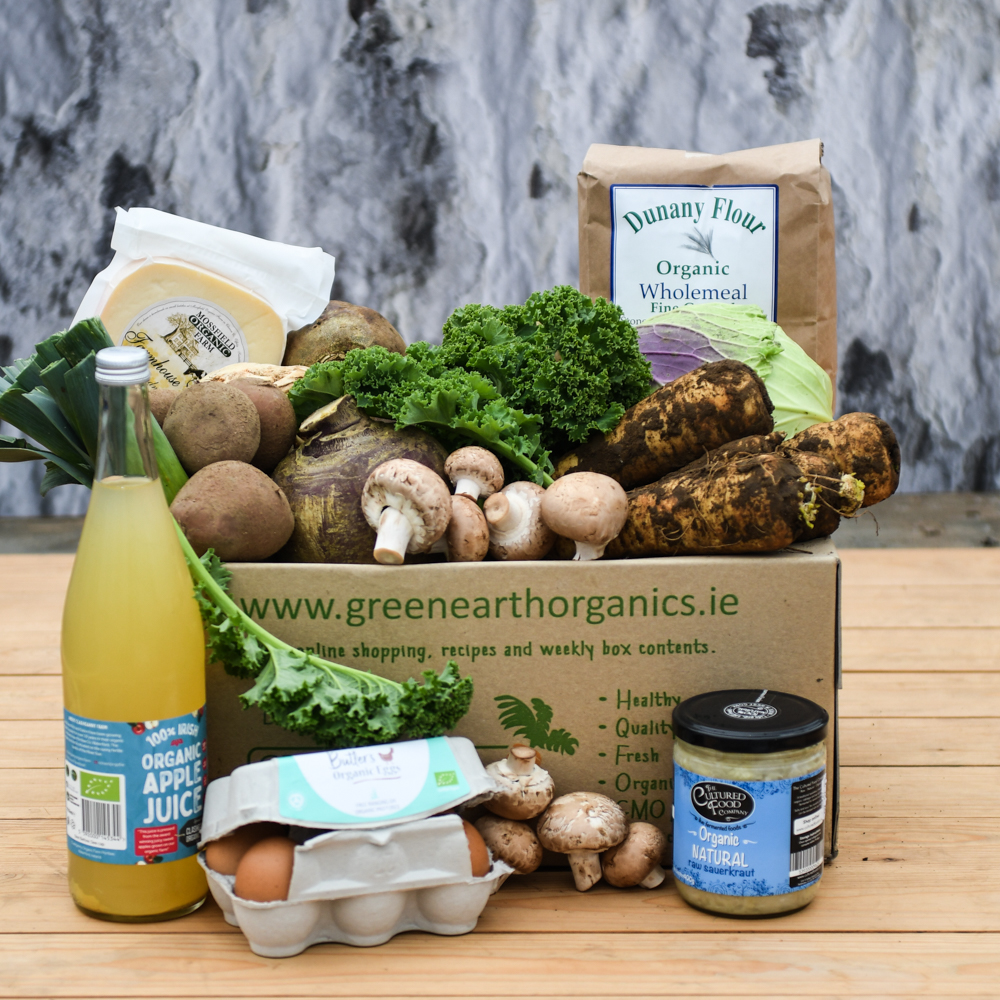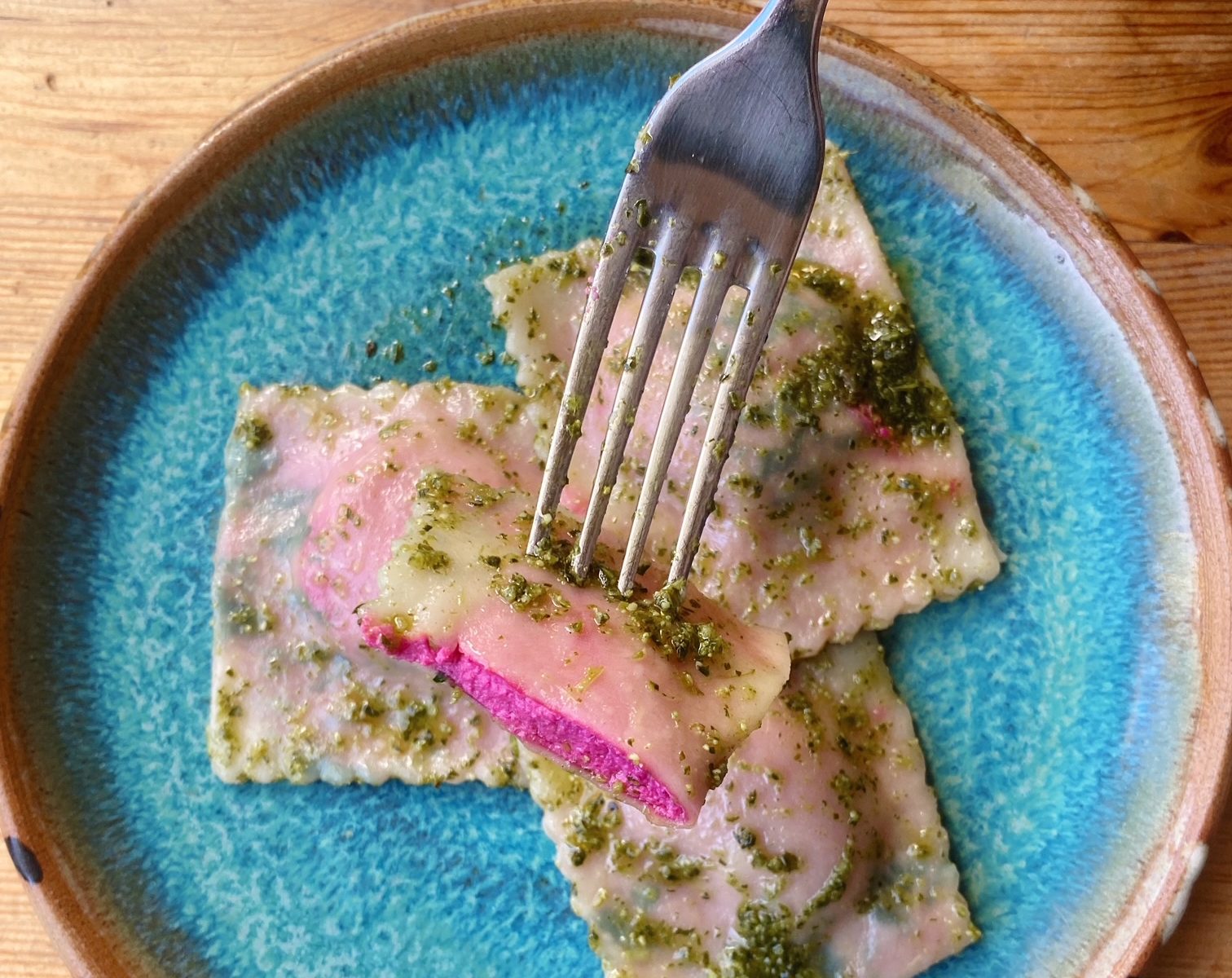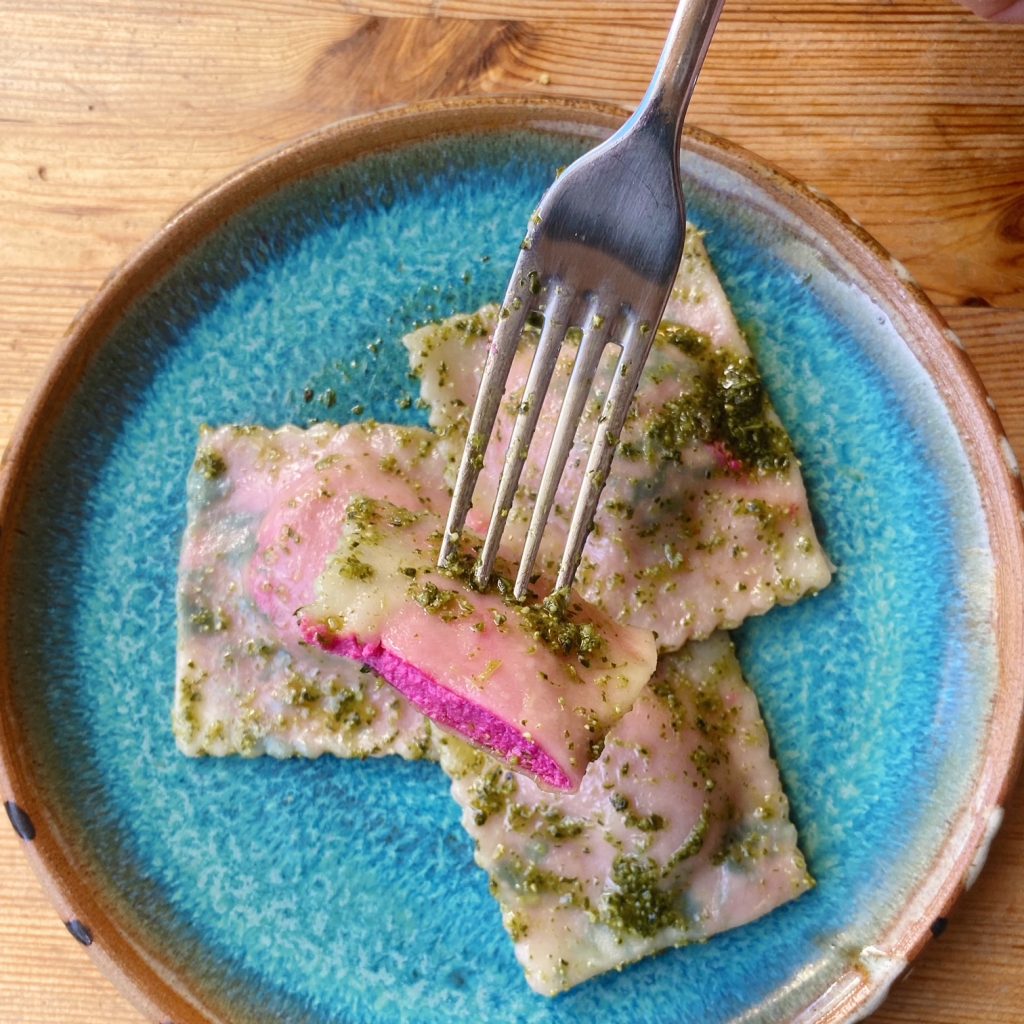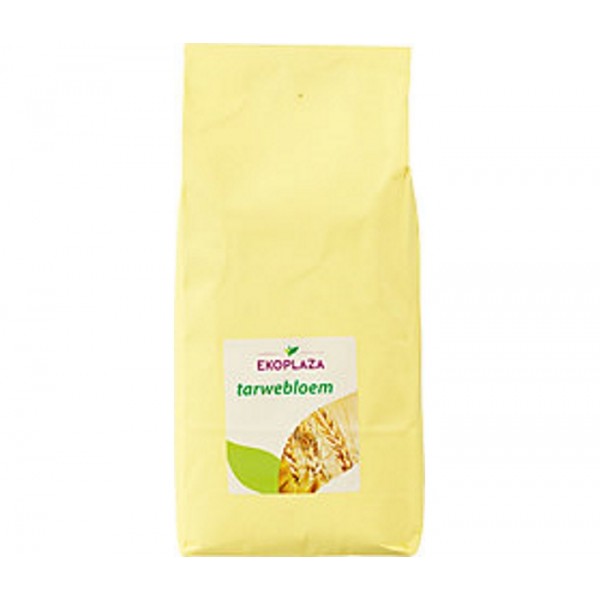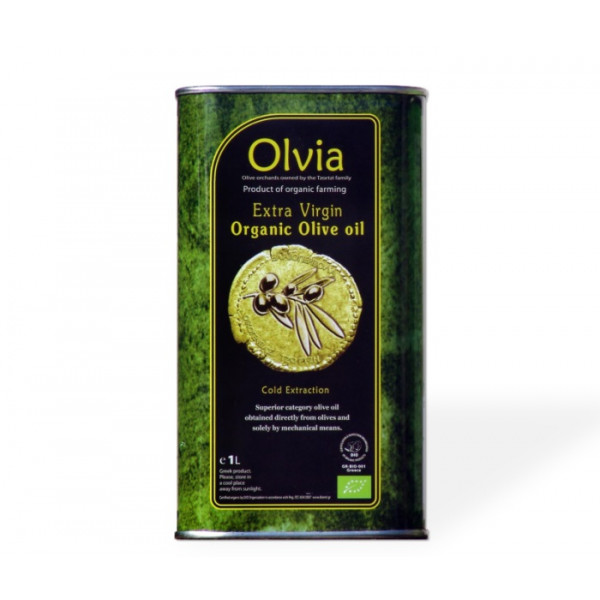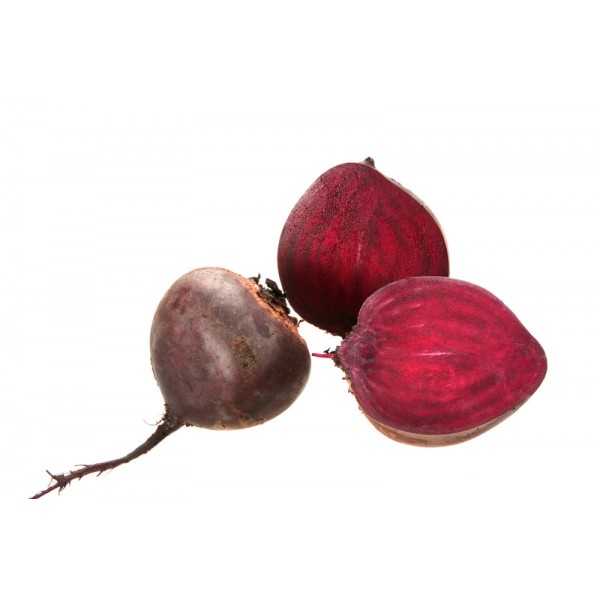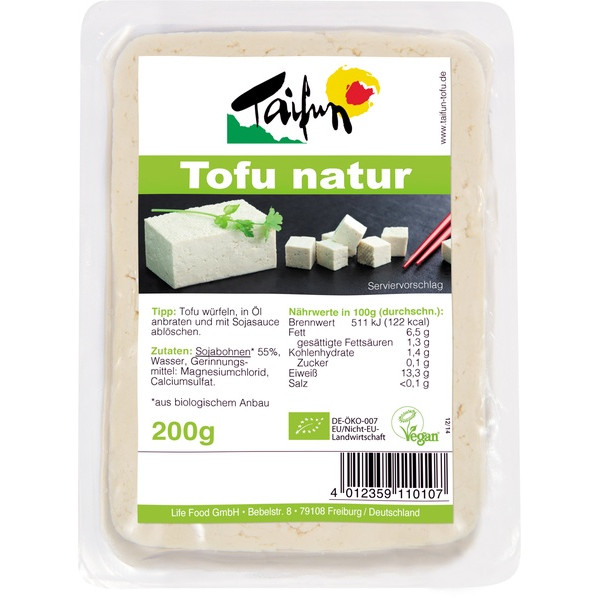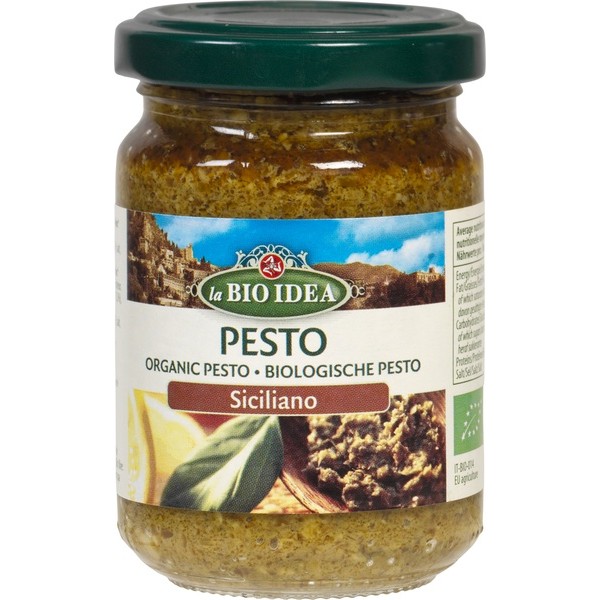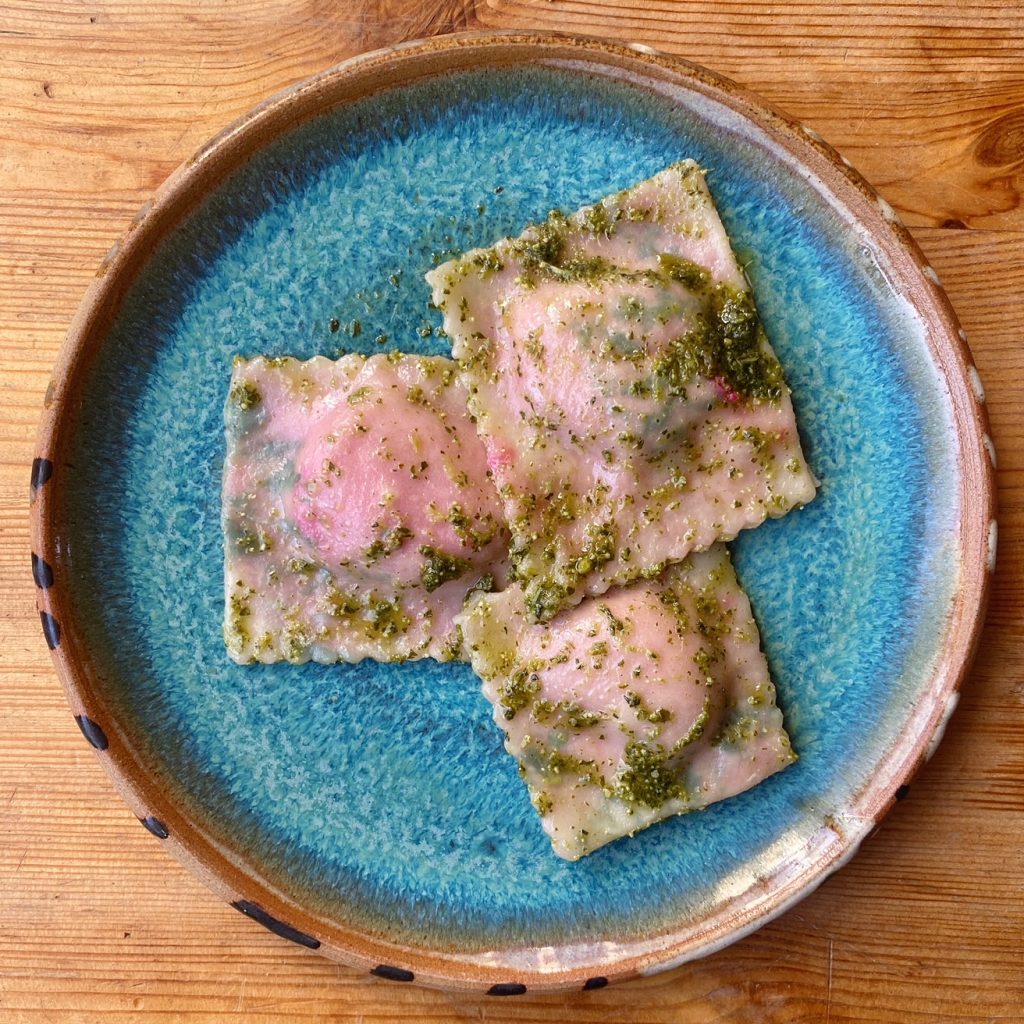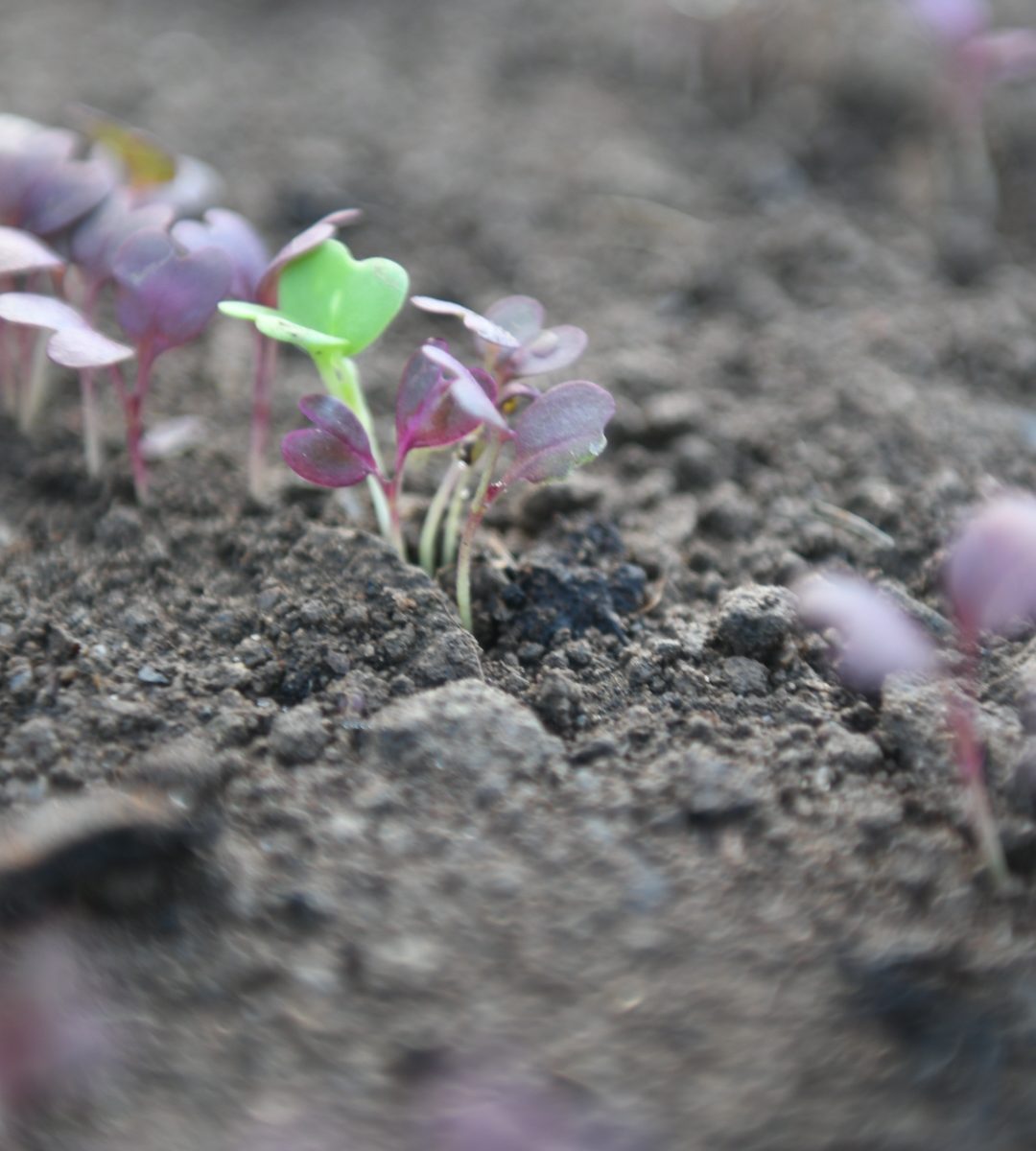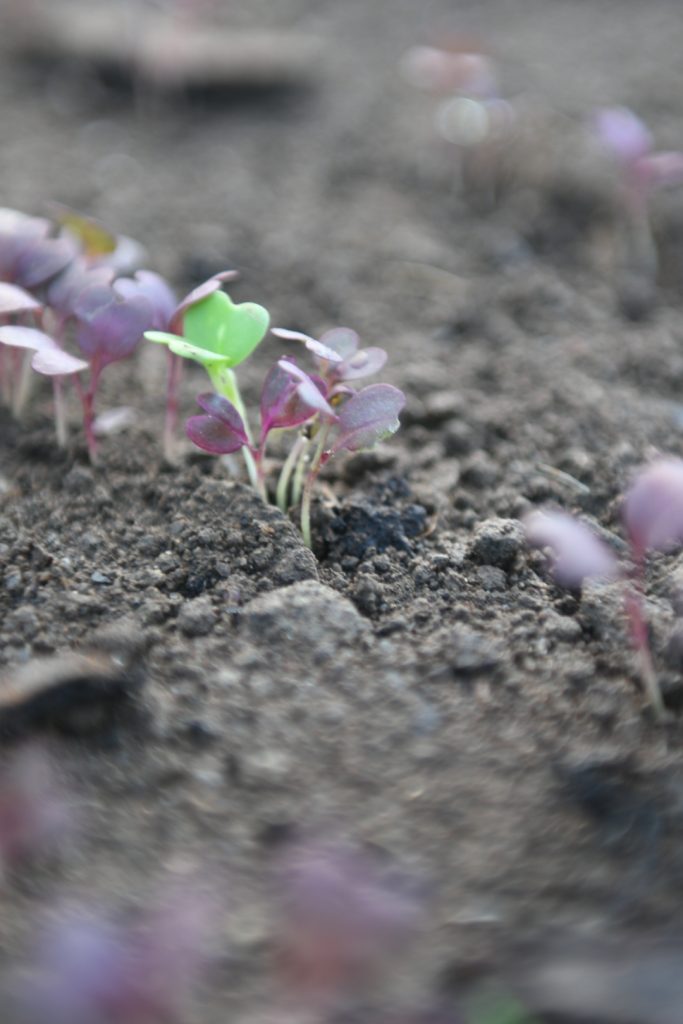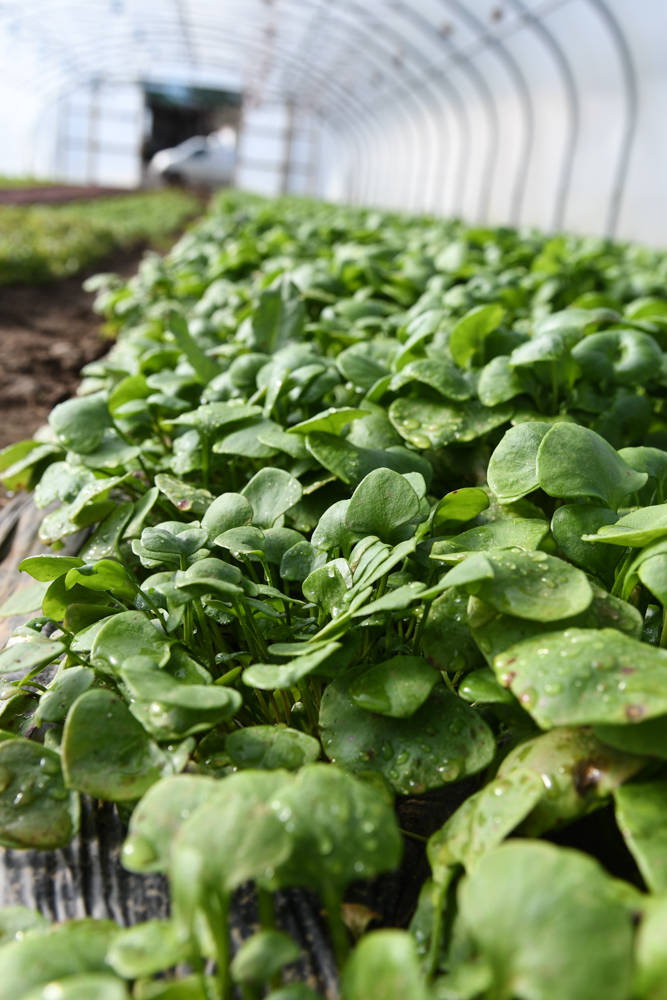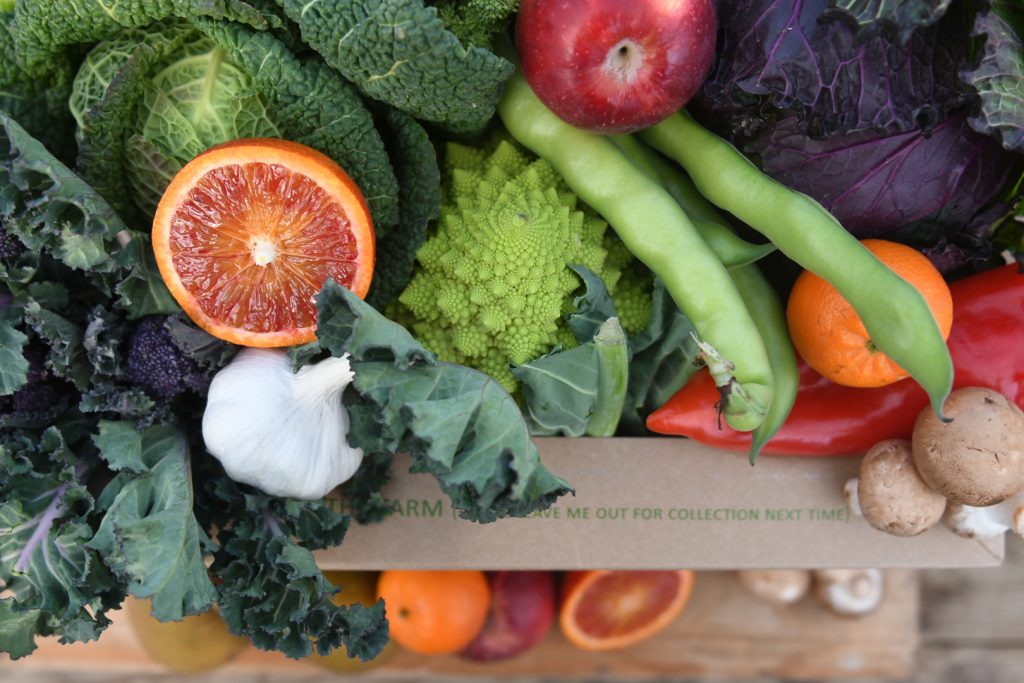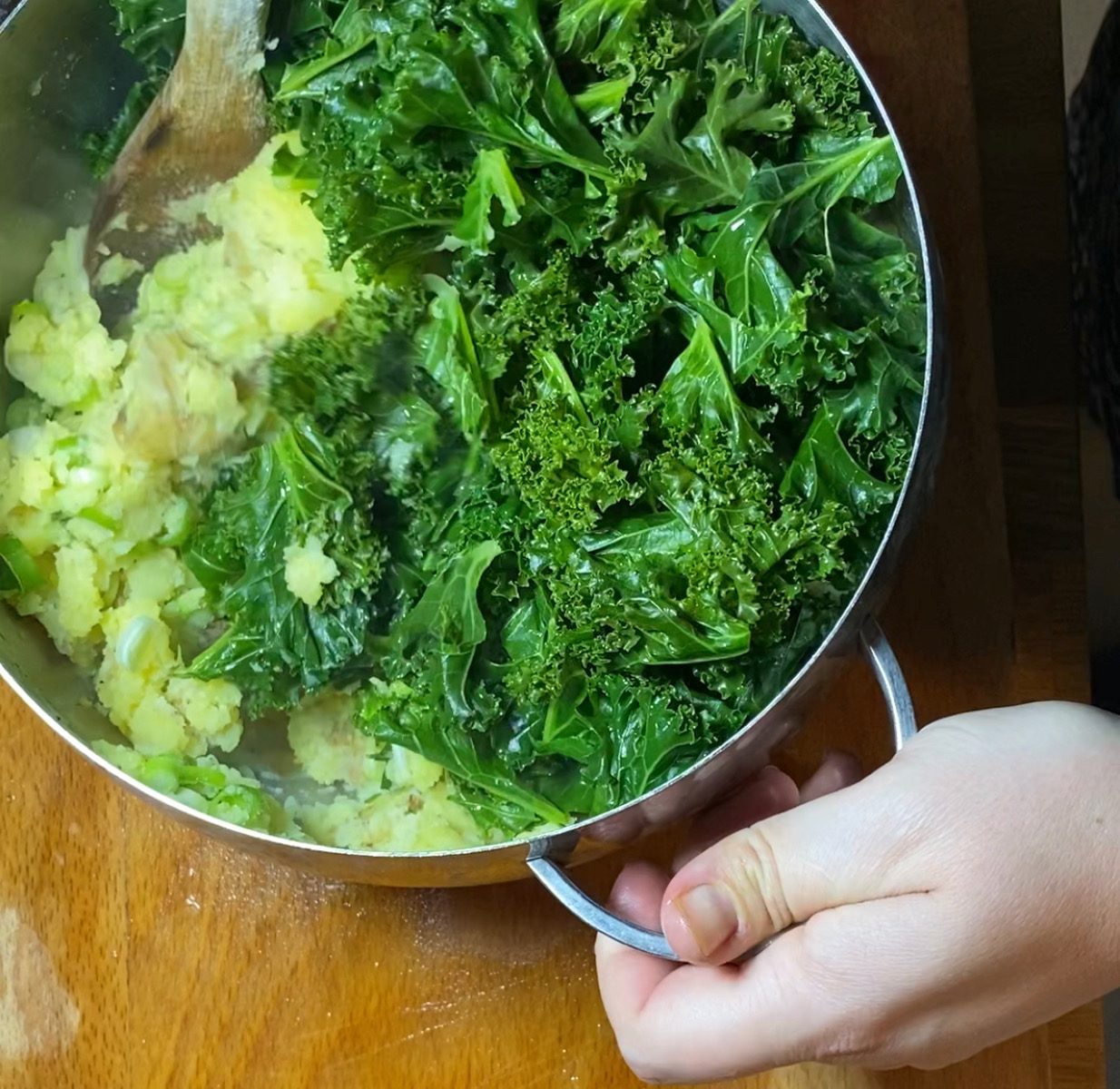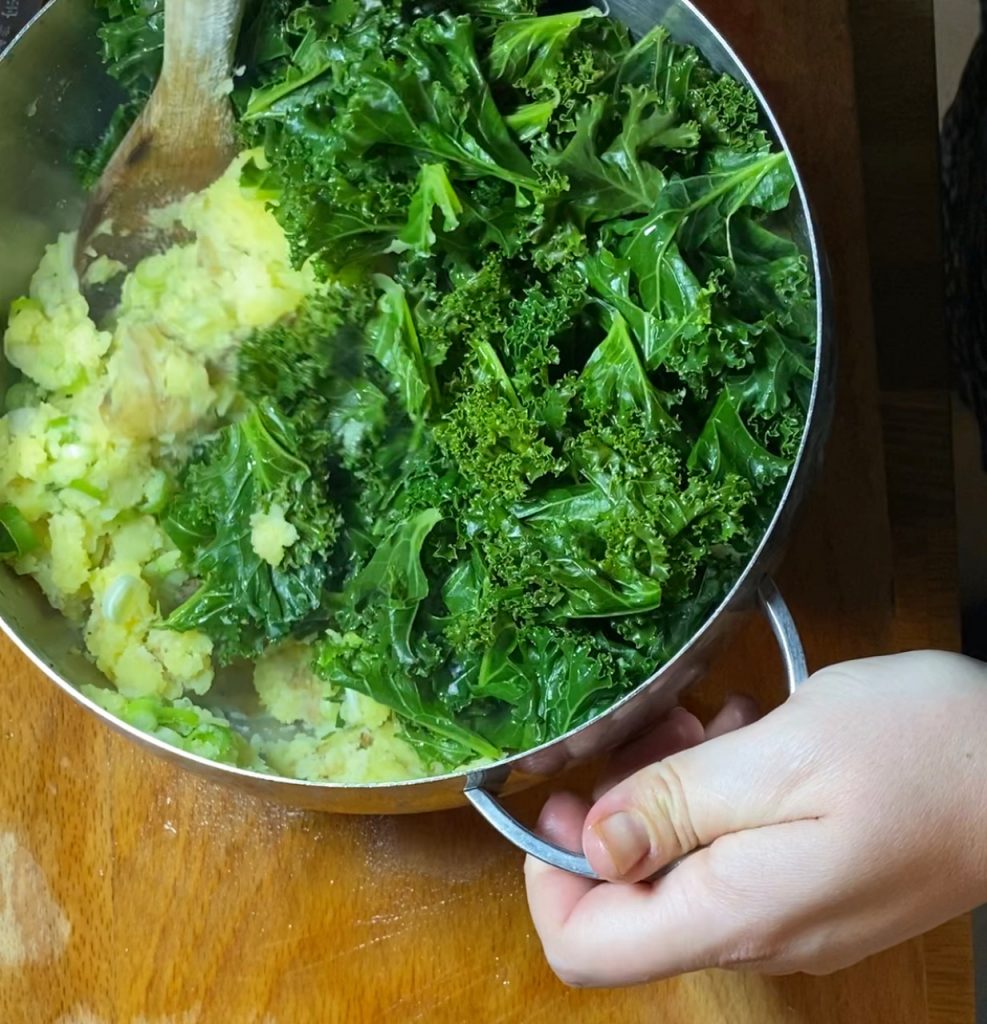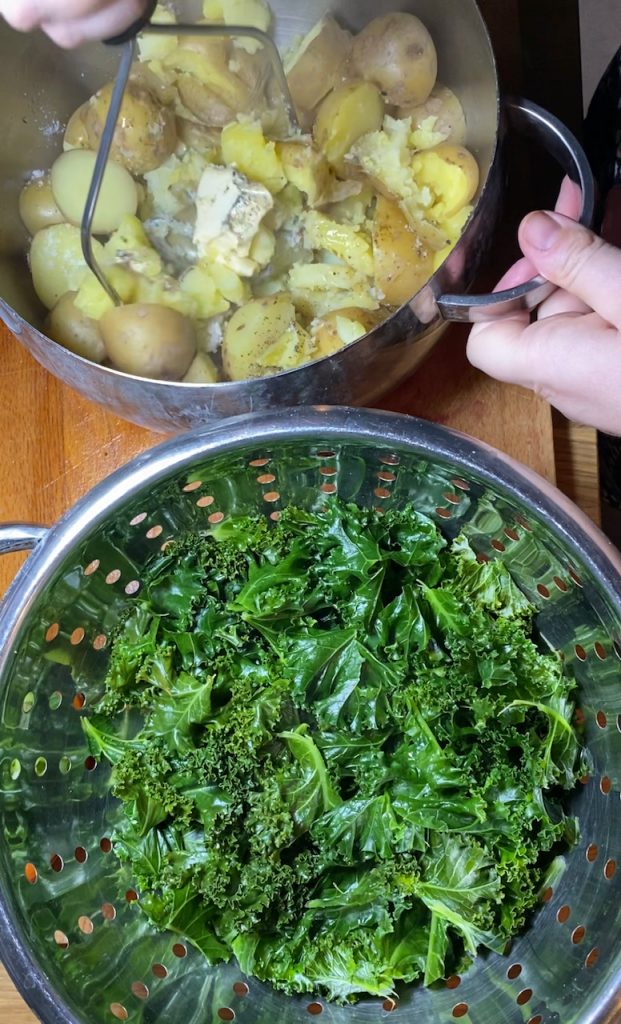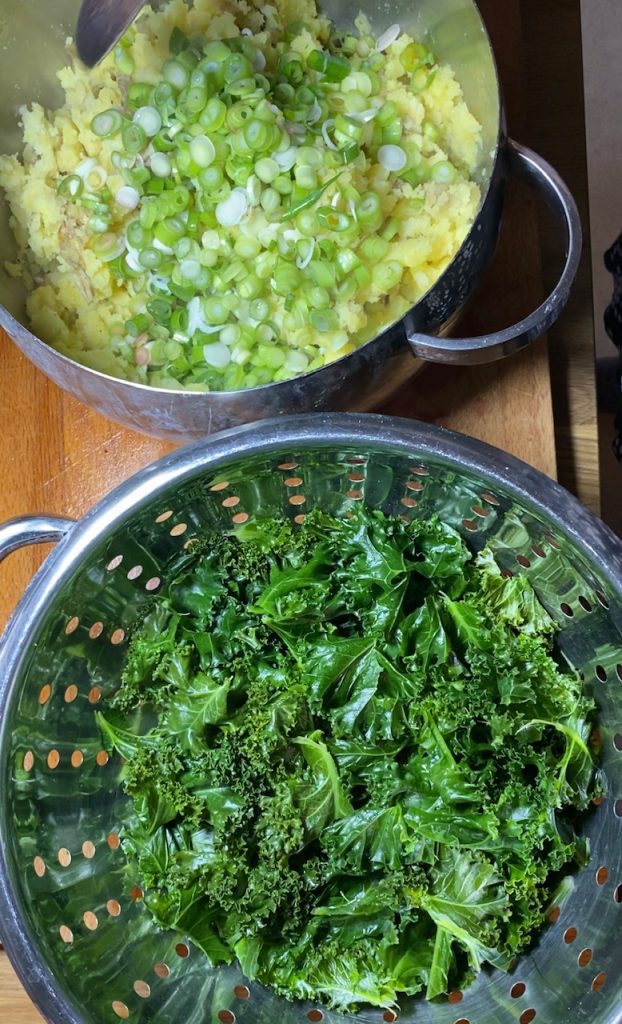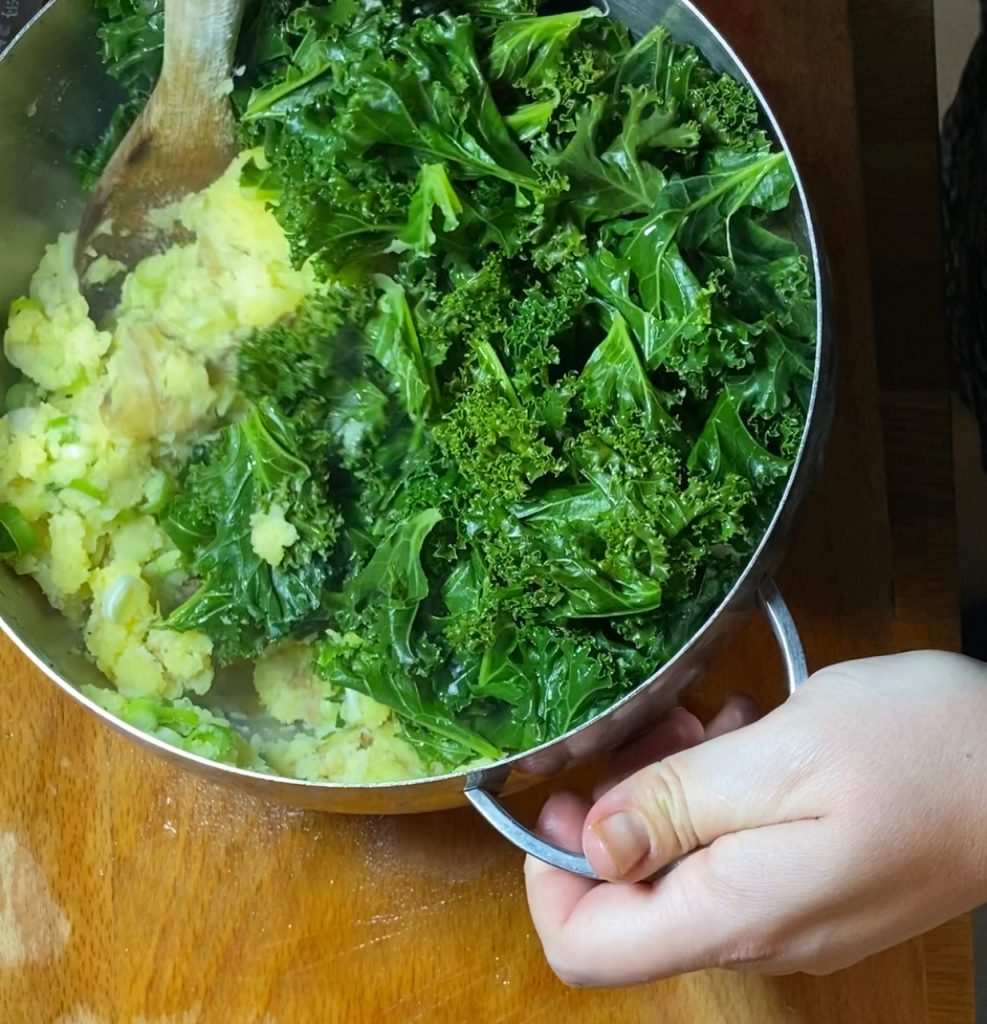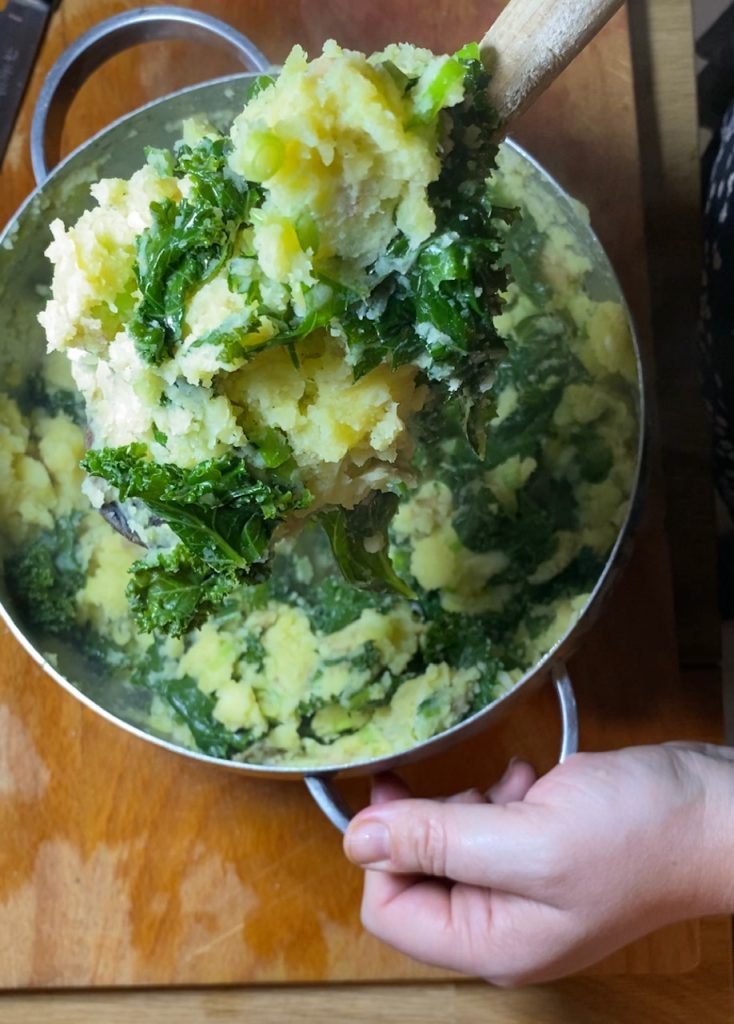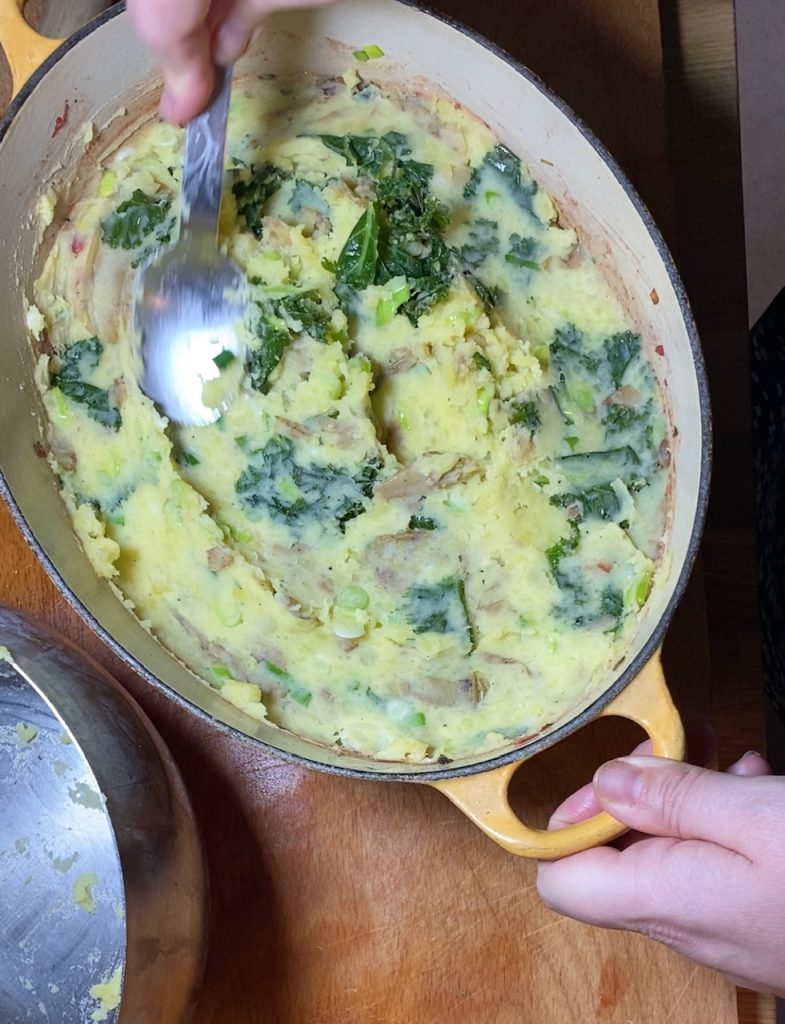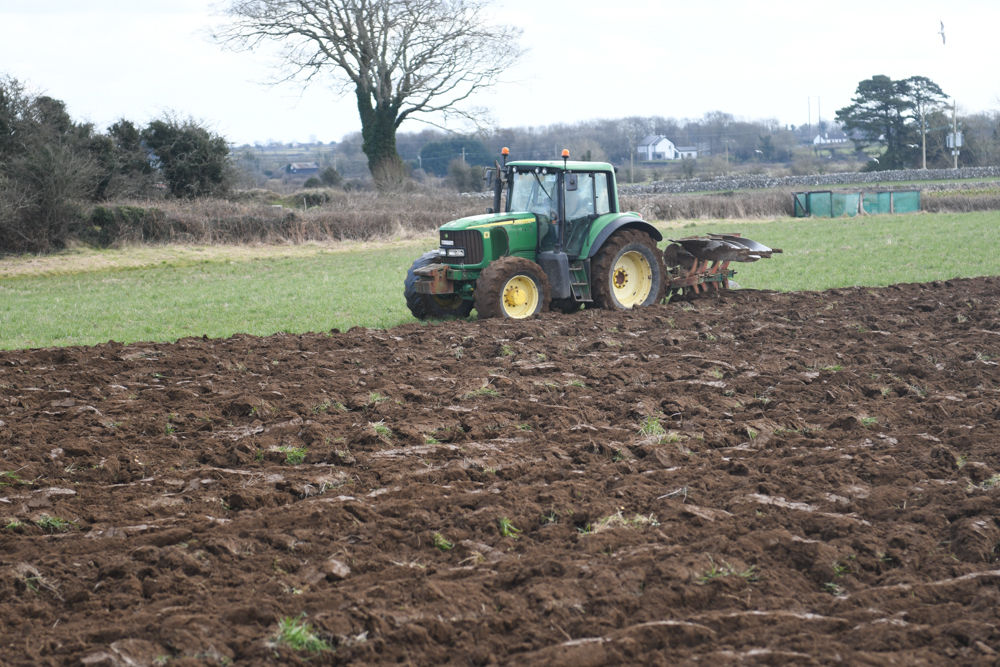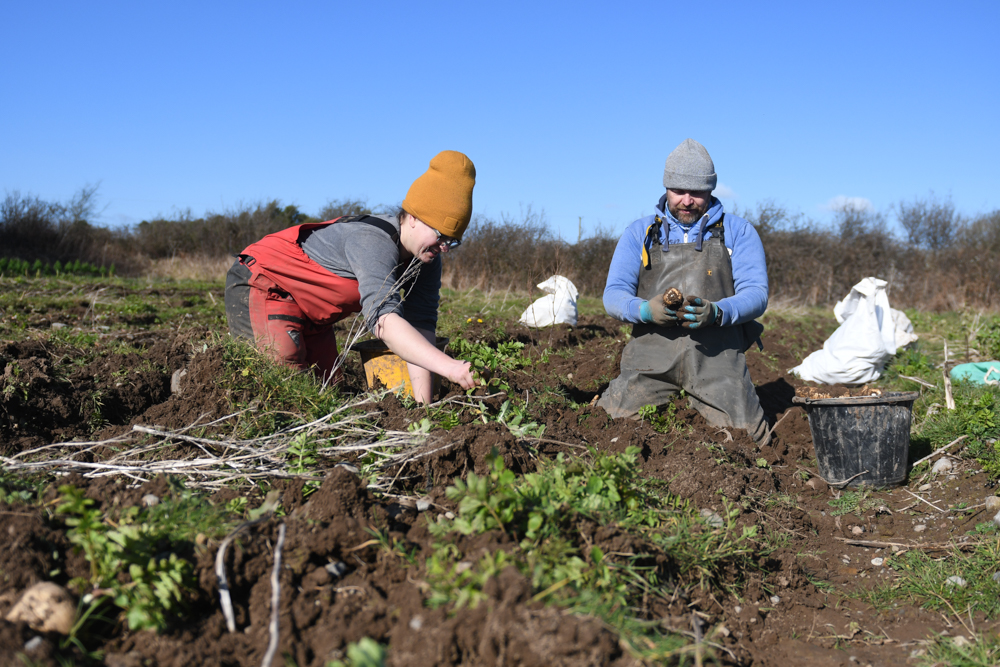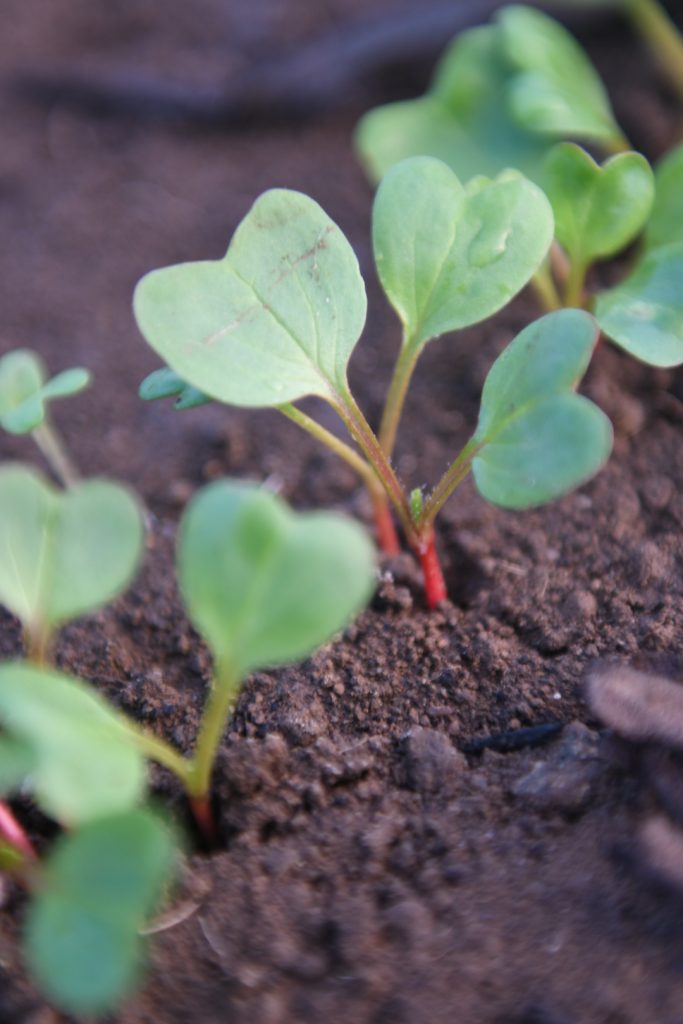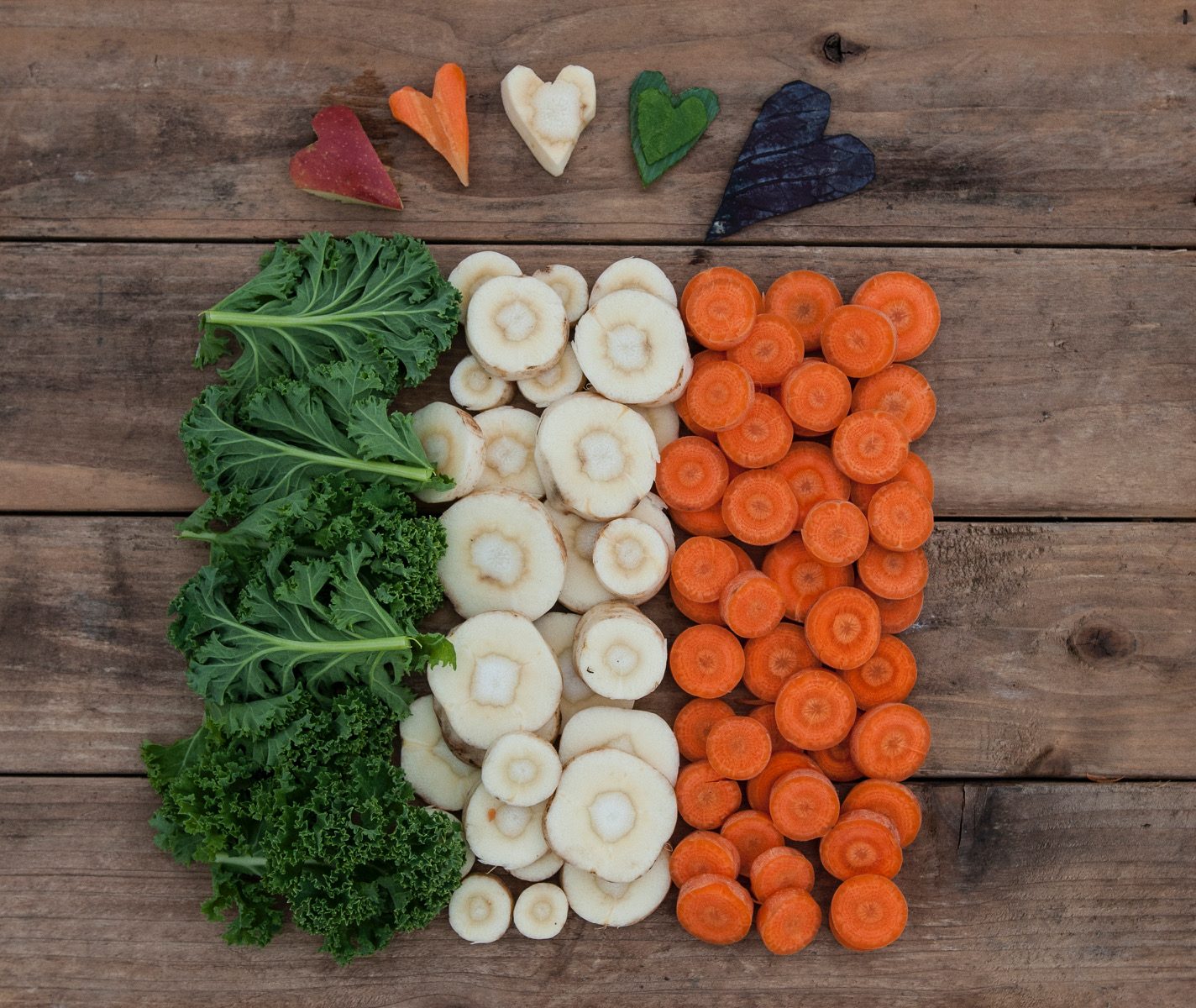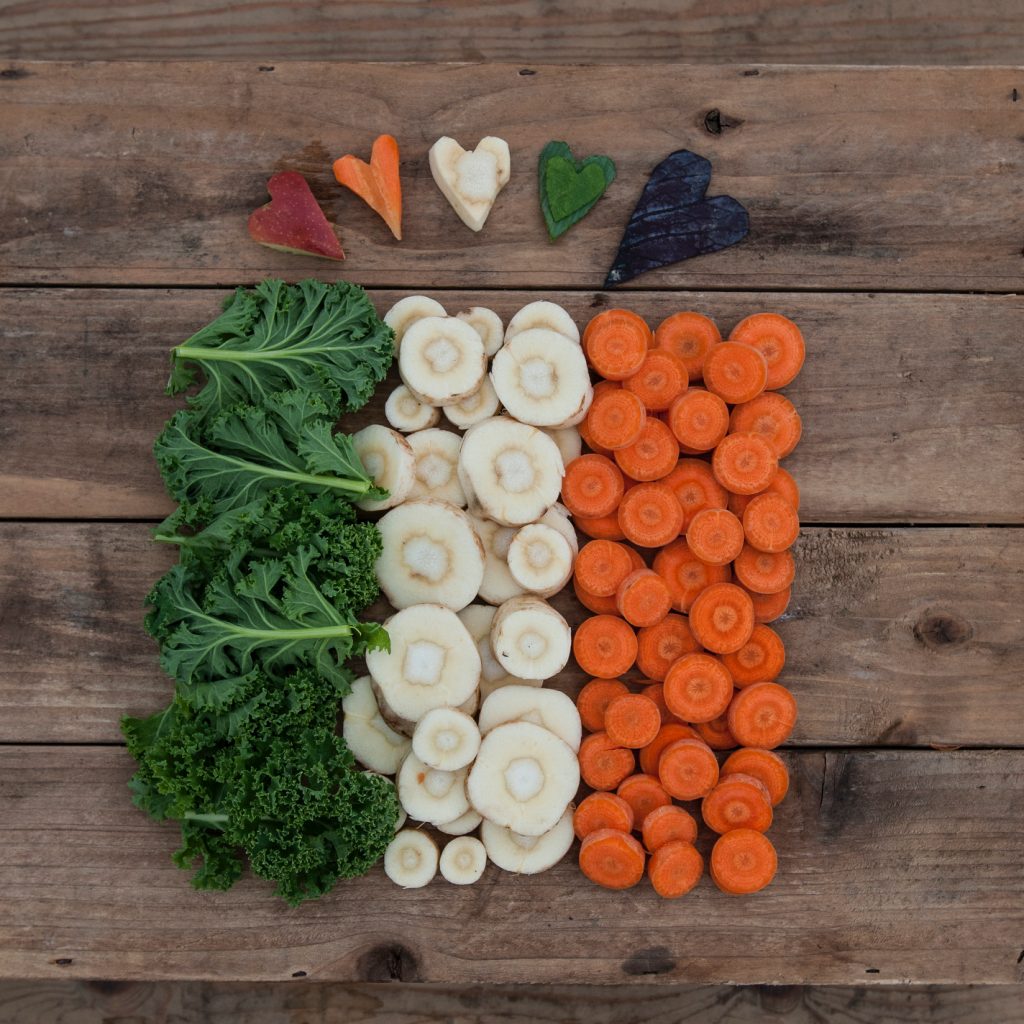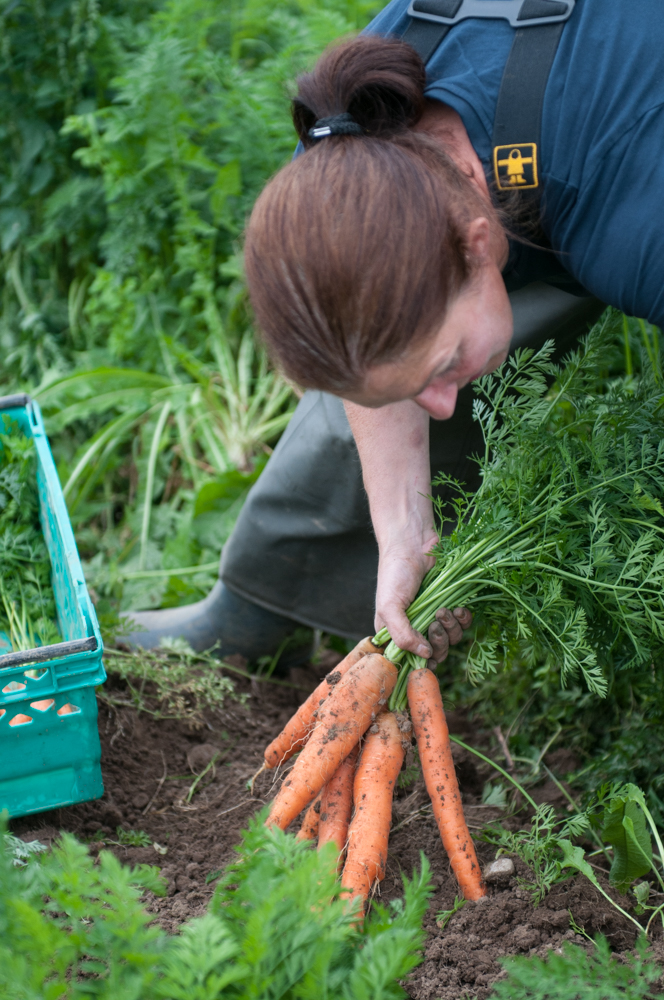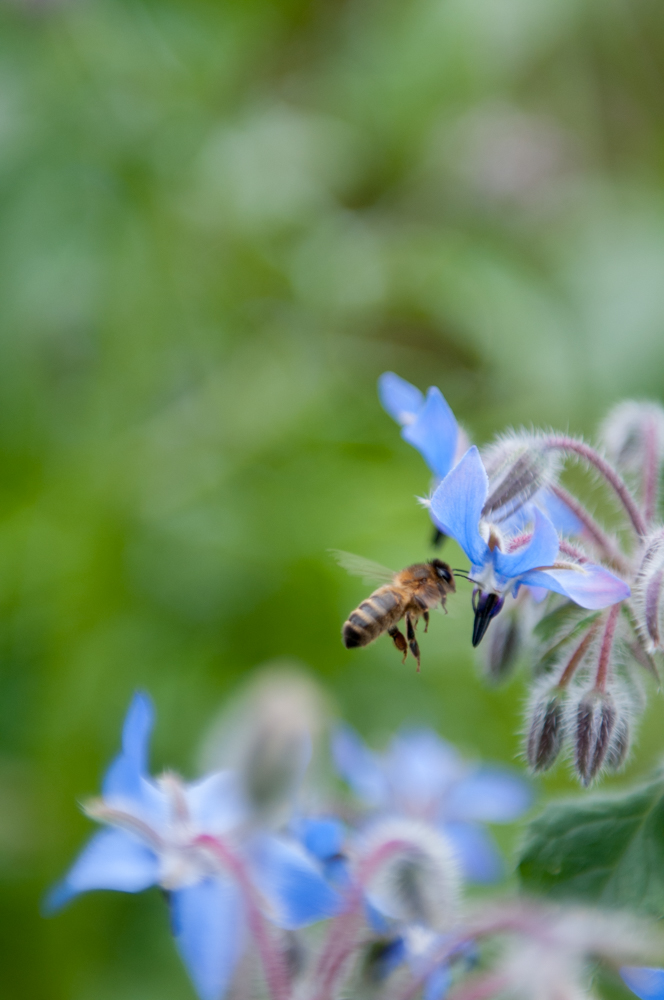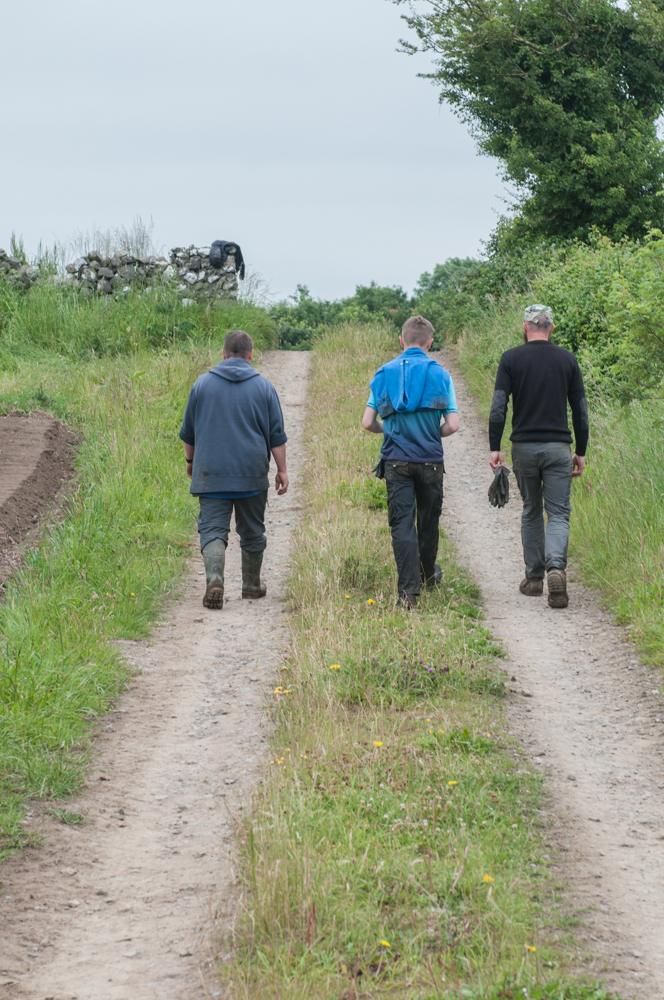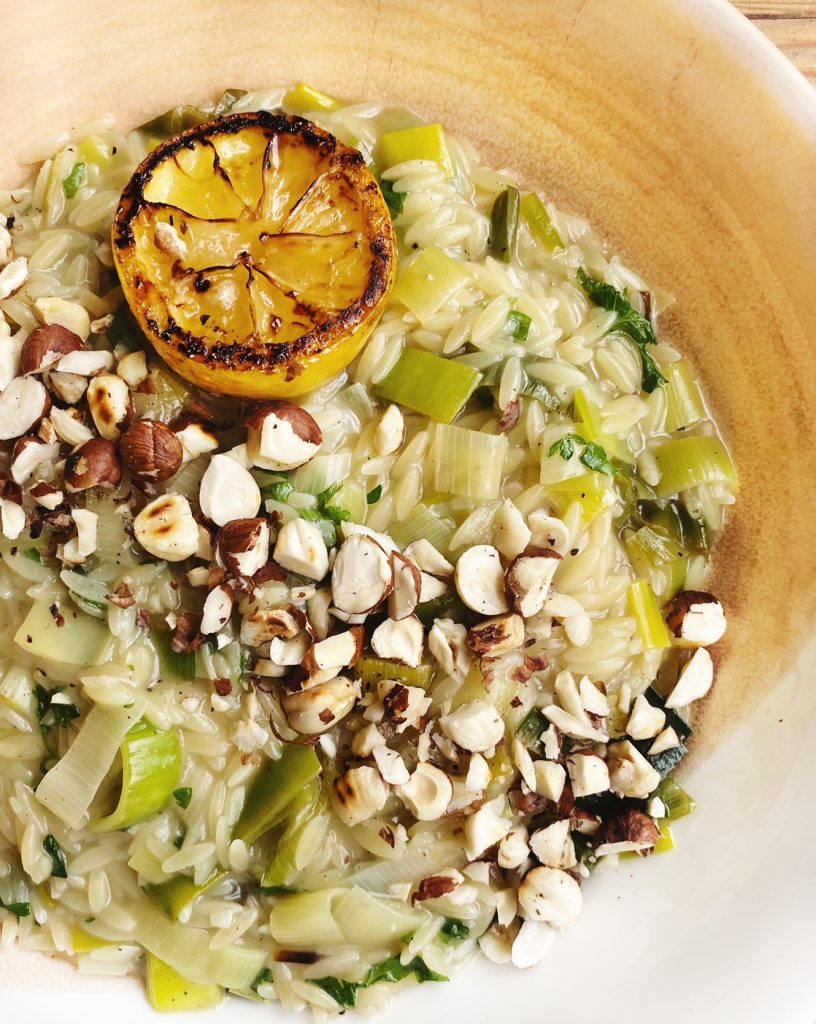
Leeks are one of our favourite vegetables. They are so delicious, I like to make them the star of the show when I cook with them. This simple, one-pot, spring dish is all about those luscious, soft and sweet leeks offset by toasty, crunchy hazelnuts (we stock organic hazelnuts in compostable bags here) and tangy caramelised lemon. Orzo is just rice shaped pasta which I love to cook like risotto rice, we stock an organic bag from Irish company, Bunalun. We love their store cupboard staples so much. Top quality, organic and affordable. Add some Bunalun groceries to your next fruit and veg order with us here. We deliver nationwide.
Liz x
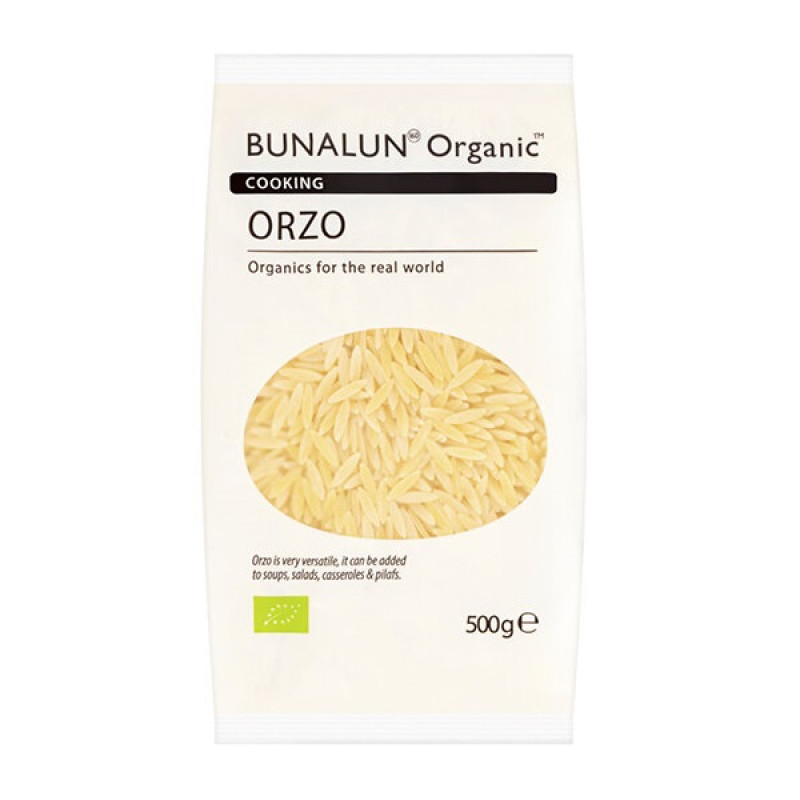
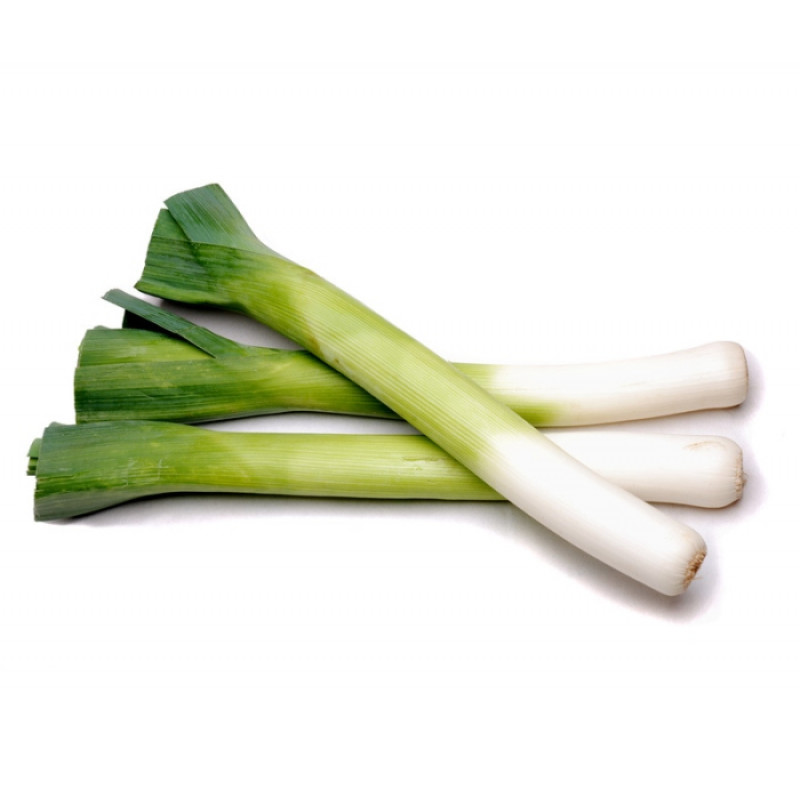
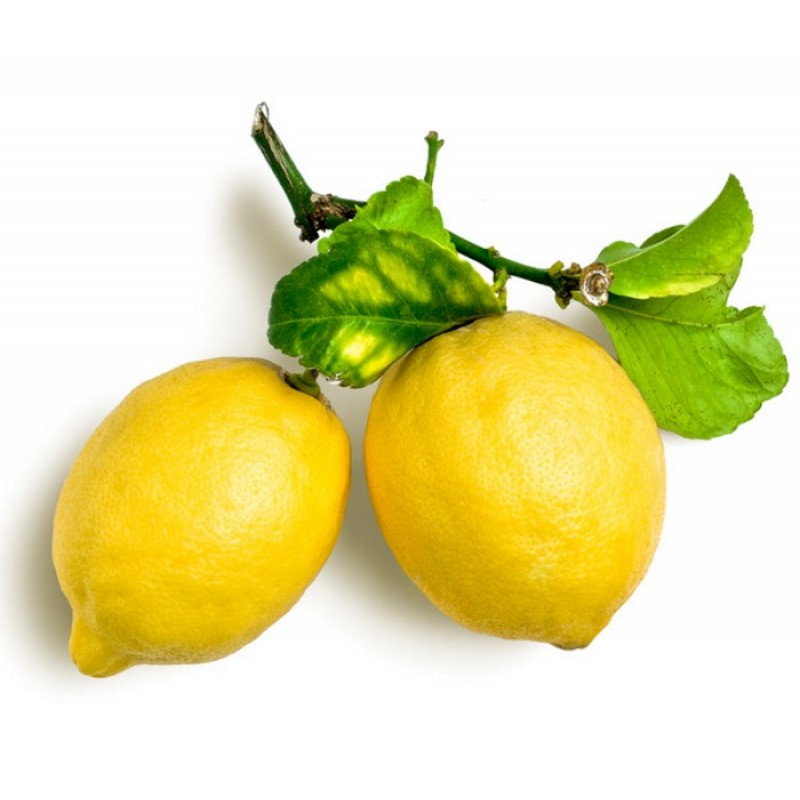
Ingredients (serves 4 hungry people)
- 4 handfuls of hazelnuts
- 2 lemons, cut in half
- 25g butter (we use this vegan block)
- 3 tbsp olive oil
- 2 leeks, rinsed and sliced
- 4 cloves of garlic, peeled and sliced
- 500g orzo
- 1.5 litres of vegetable stock
- salt and pepper to taste
- a large handful of fresh parsley, sliced
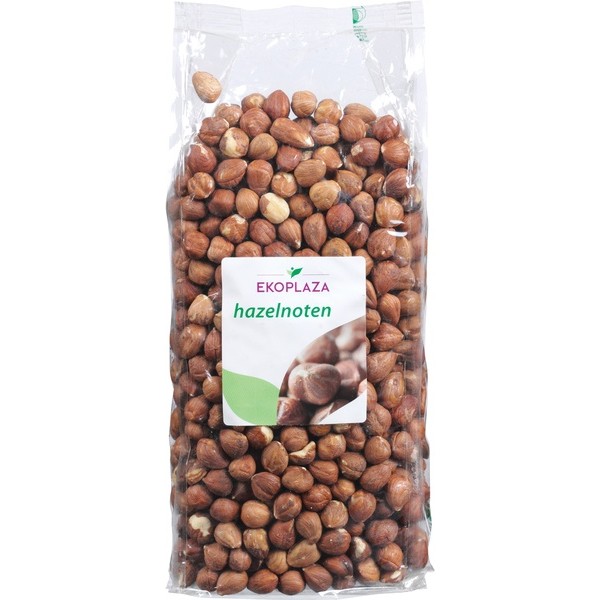
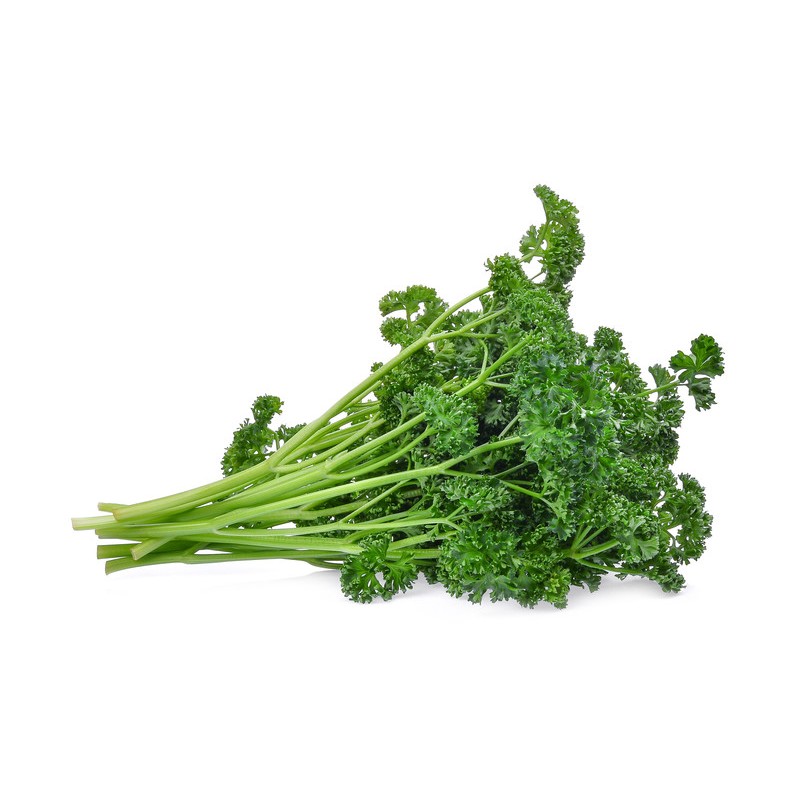
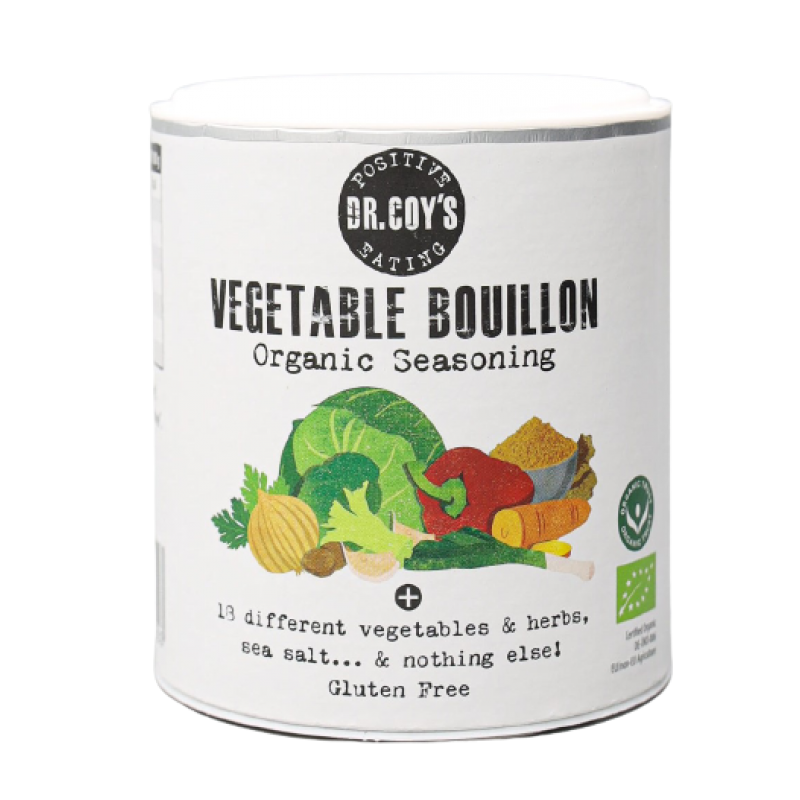
Method
- Find a large, deep, frying pan or pot. Start by toasting the hazelnuts in the dry pan. Just turn the heat to medium-high, tumble the hazelnuts into the pan and keep them moving around until they smell amazing and are deliciously toasty. Tip them into a bowl to cool a little then chop or crush into smaller pieces and save for finishing your dish at the end.
- Then, in the same pan, add the butter and oil. Place the lemons, cut side down, into the melted fat and let them cook until caramelised. Remove them to a bowl to finish your dish with later too. Caramelised lemon is so delicious. It makes the lemon softer, juicier and sweeter…and it looks pretty too.
- Tip the chopped leeks and garlic into the pan and season with salt and pepper. Stir fry until the leeks are starting to soften.
- Add the orzo and stock to the pan and simmer and stir until the pasta has absorbed the liquid and is cooked through. Taste and tweak the seasoning if needed with more salt and pepper.
- Stir the chopped parsley through, then serve in four bowls, each topped with a caramelised lemon half and a handful of chopped, toasted hazelnuts. Enjoy!
